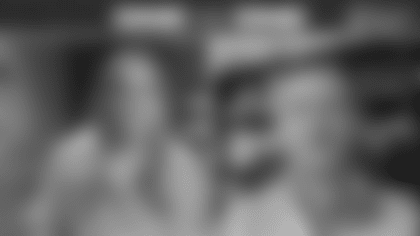EDEN PRAIRIE, Minn. — Carl Eller made his way through offensive linemen to ragdoll quarterbacks during his Hall of Fame career.
Eller recorded a franchise-record 130 sacks with the Vikings from 1964-78, never waiting on permission to burst through the offense's wall.
An open invitation through the front door of a Winston-Salem, North Carolina, residence, however, stopped Eller cold in his tracks.
Vikings legends Alan Page and Carl Eller helped kickoff Black History Month by speaking at an event the Vikings hosted at Winter Park on Monday.
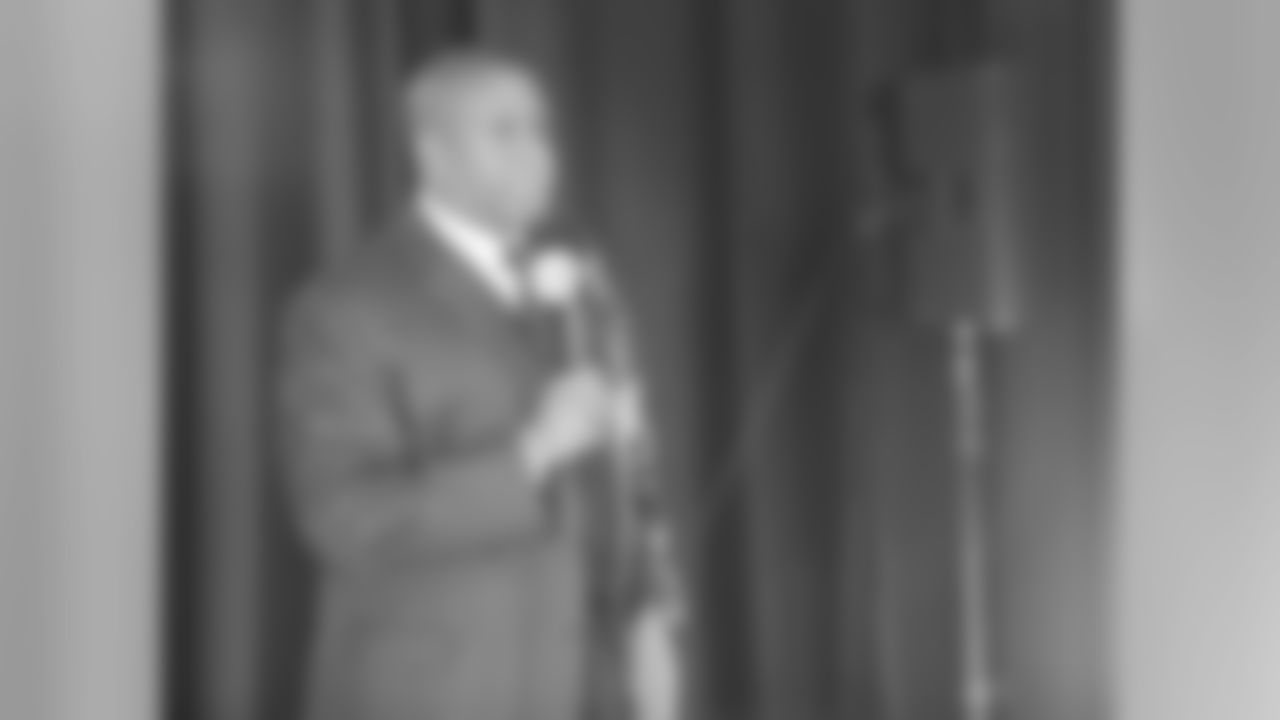


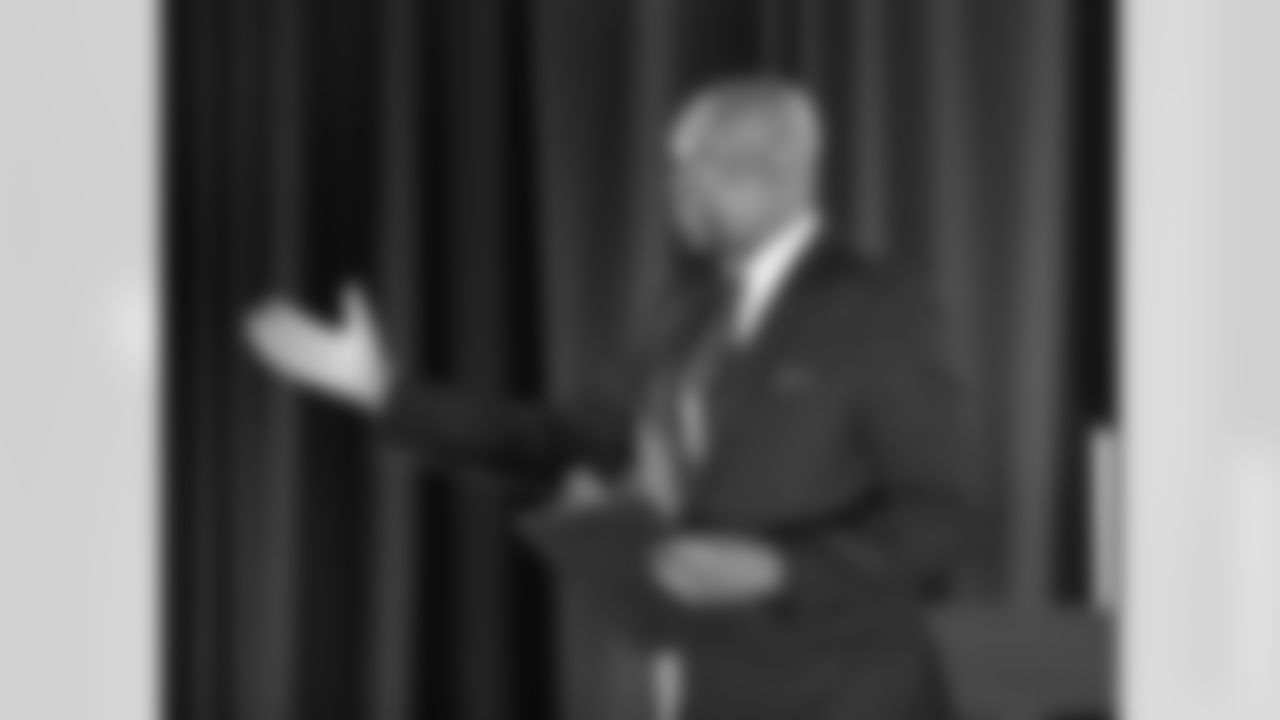
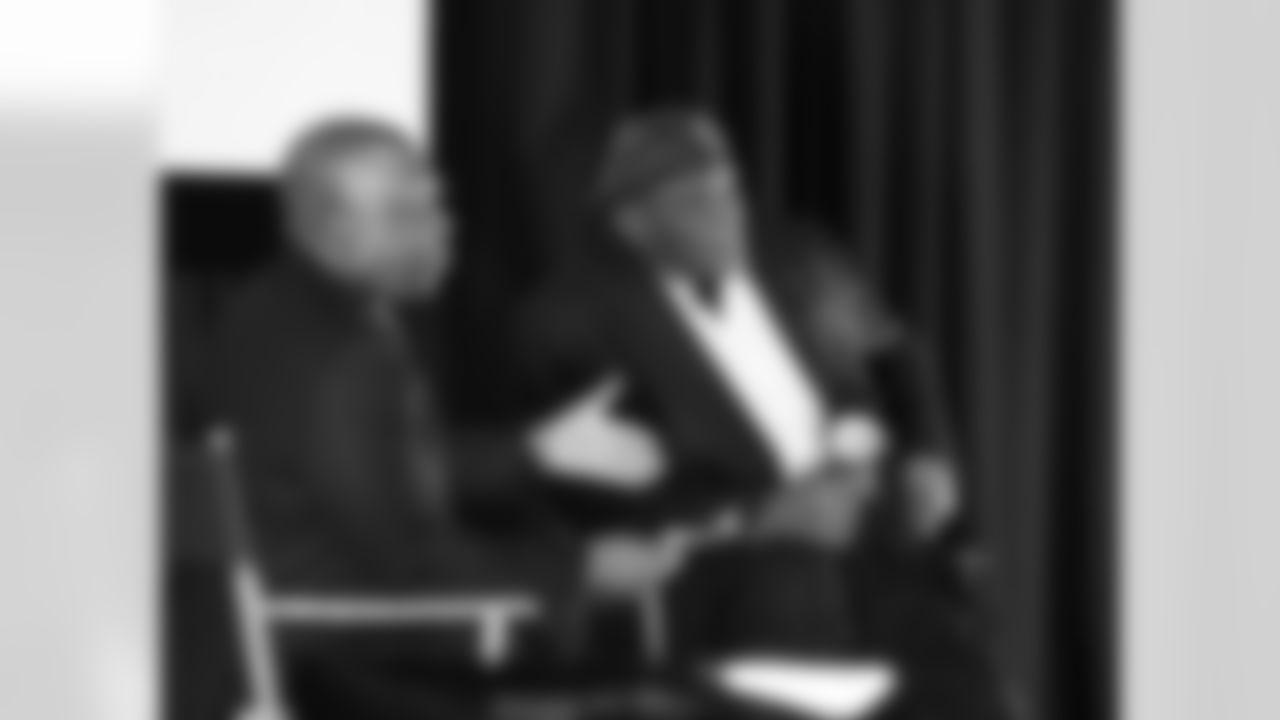
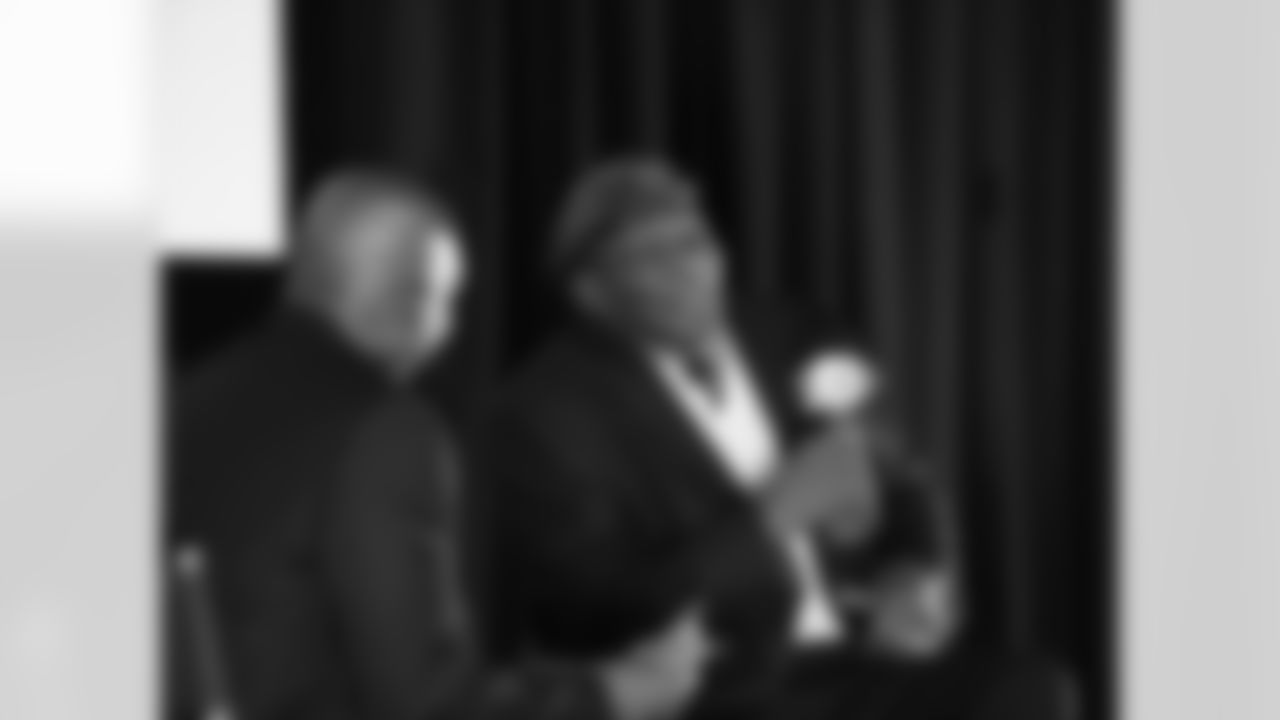

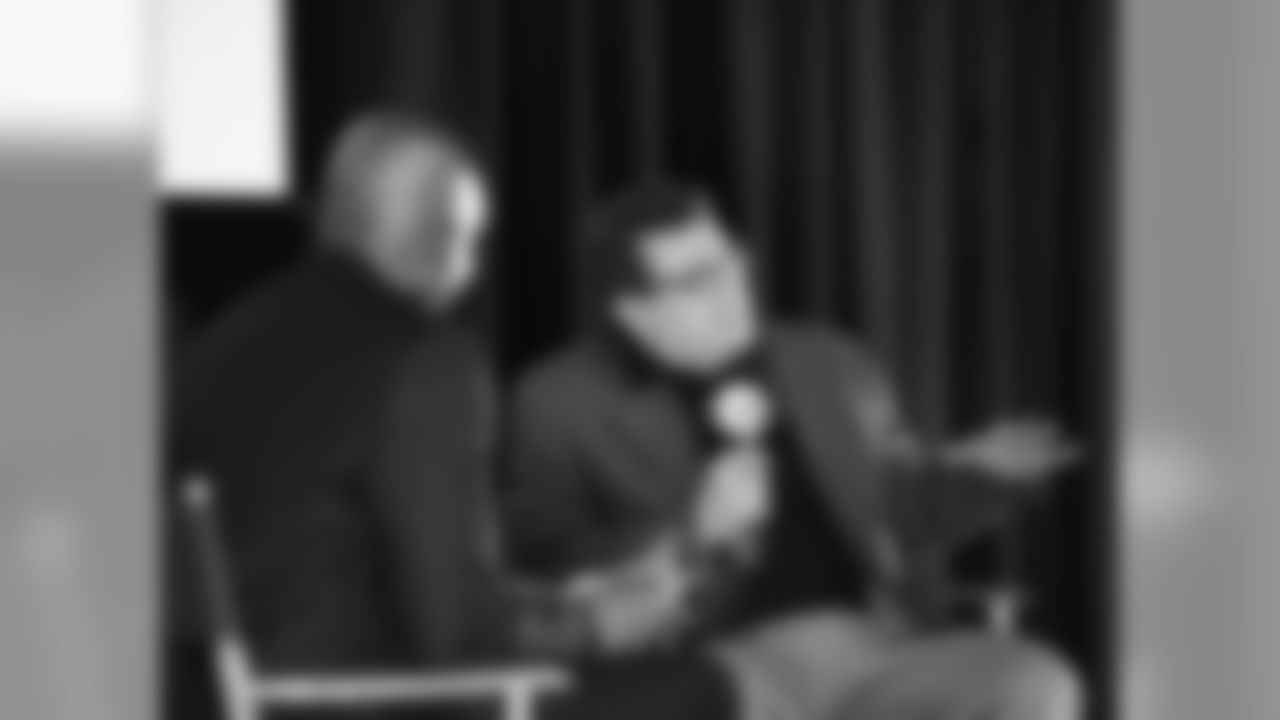

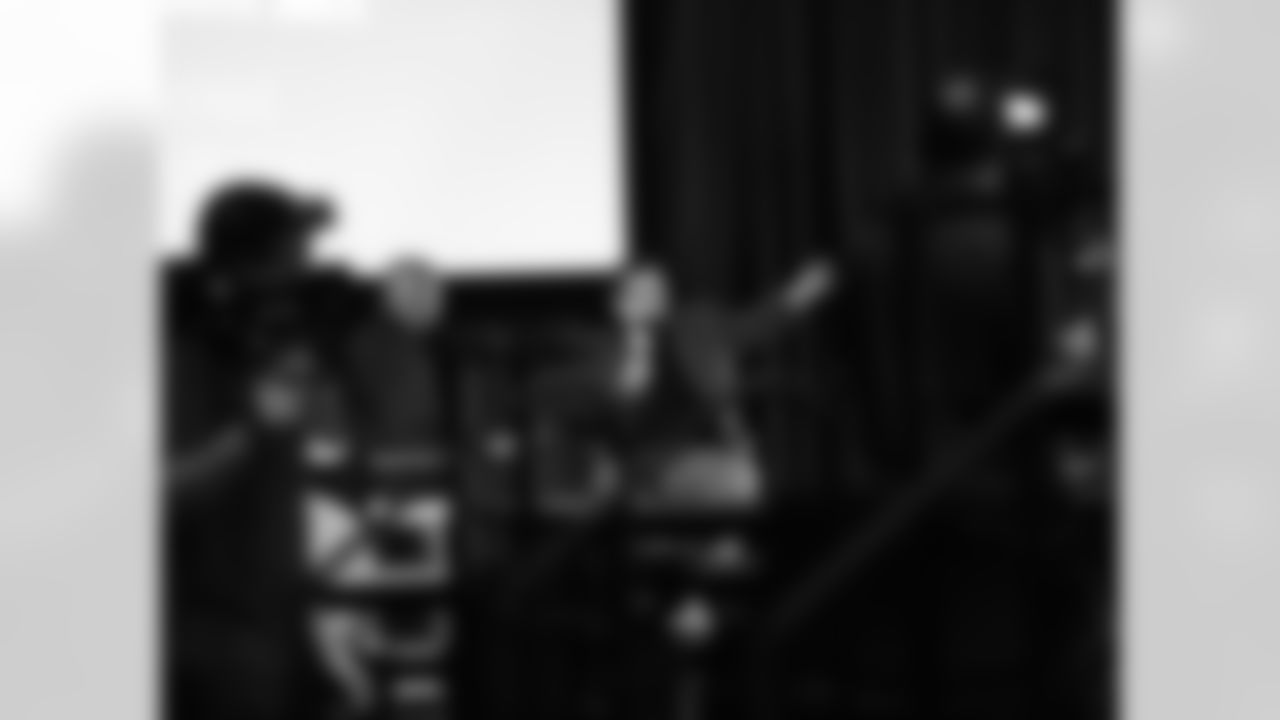
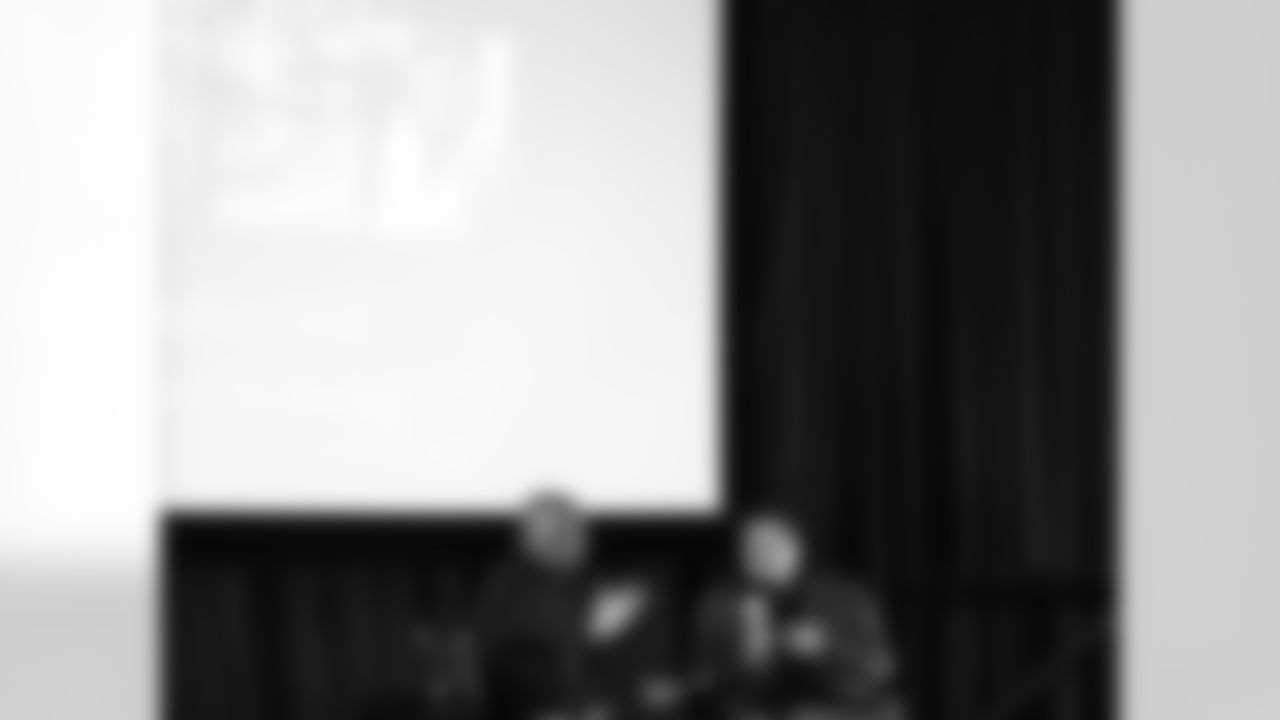



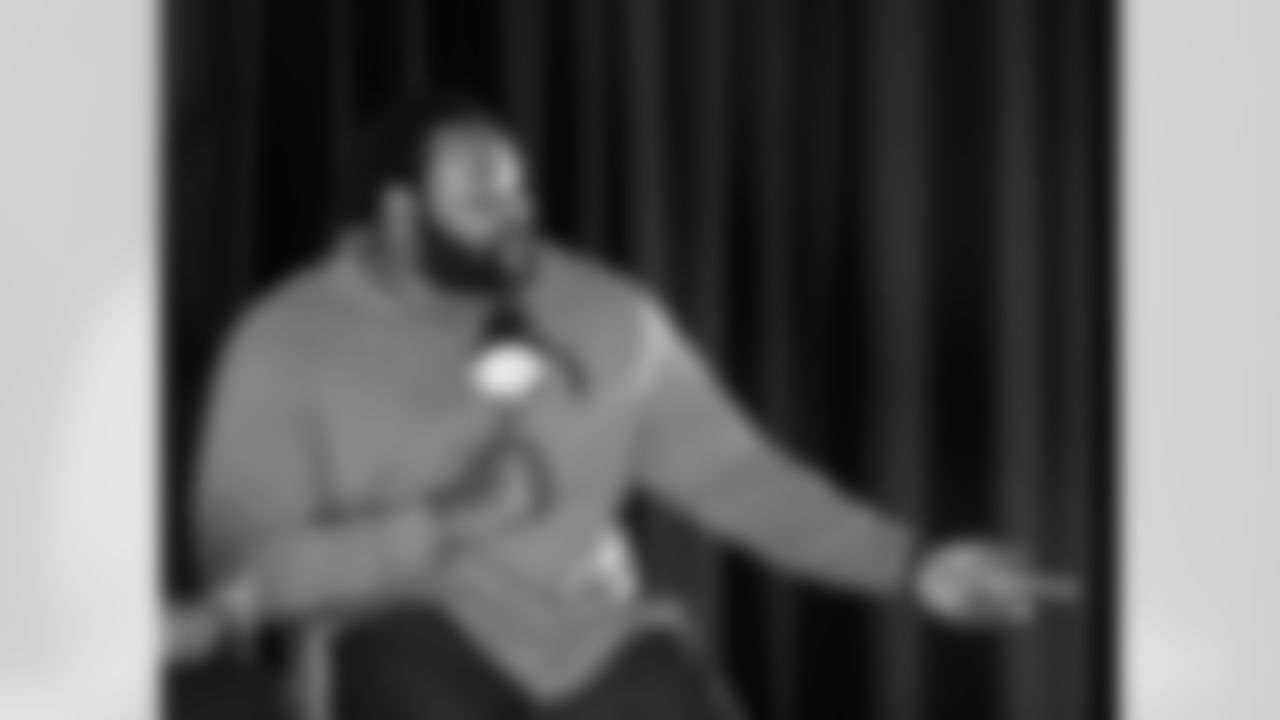

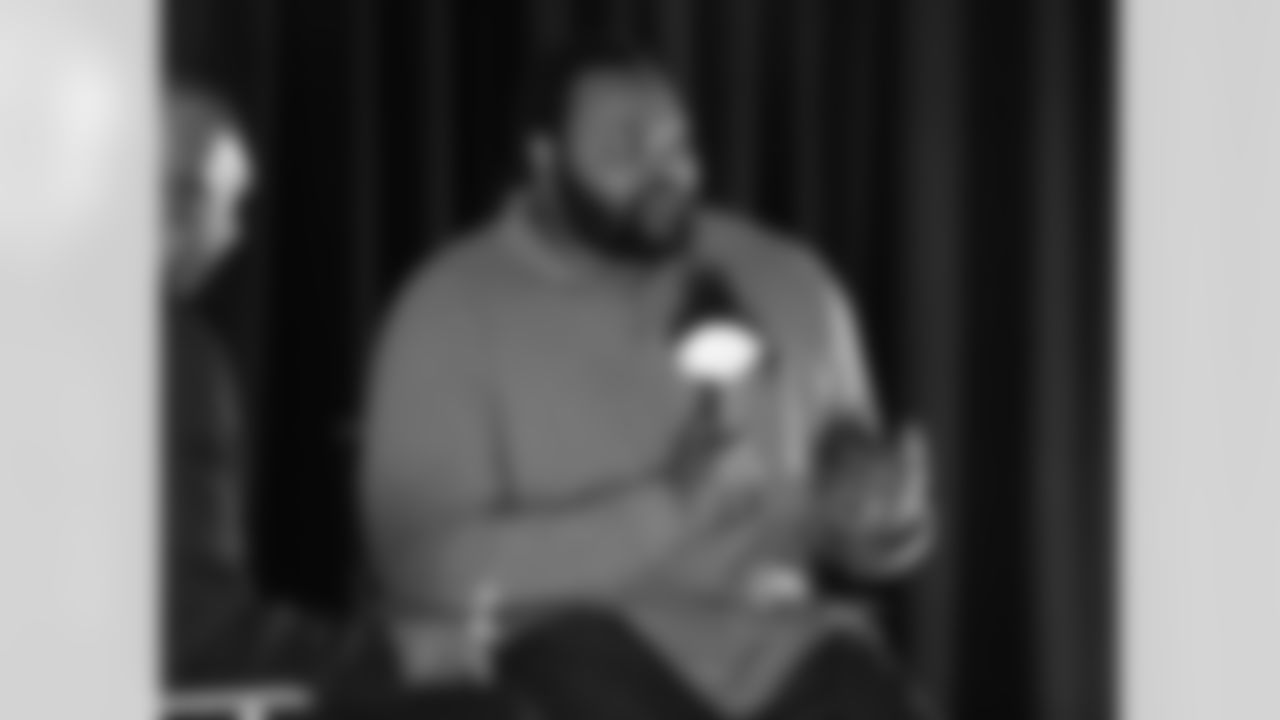
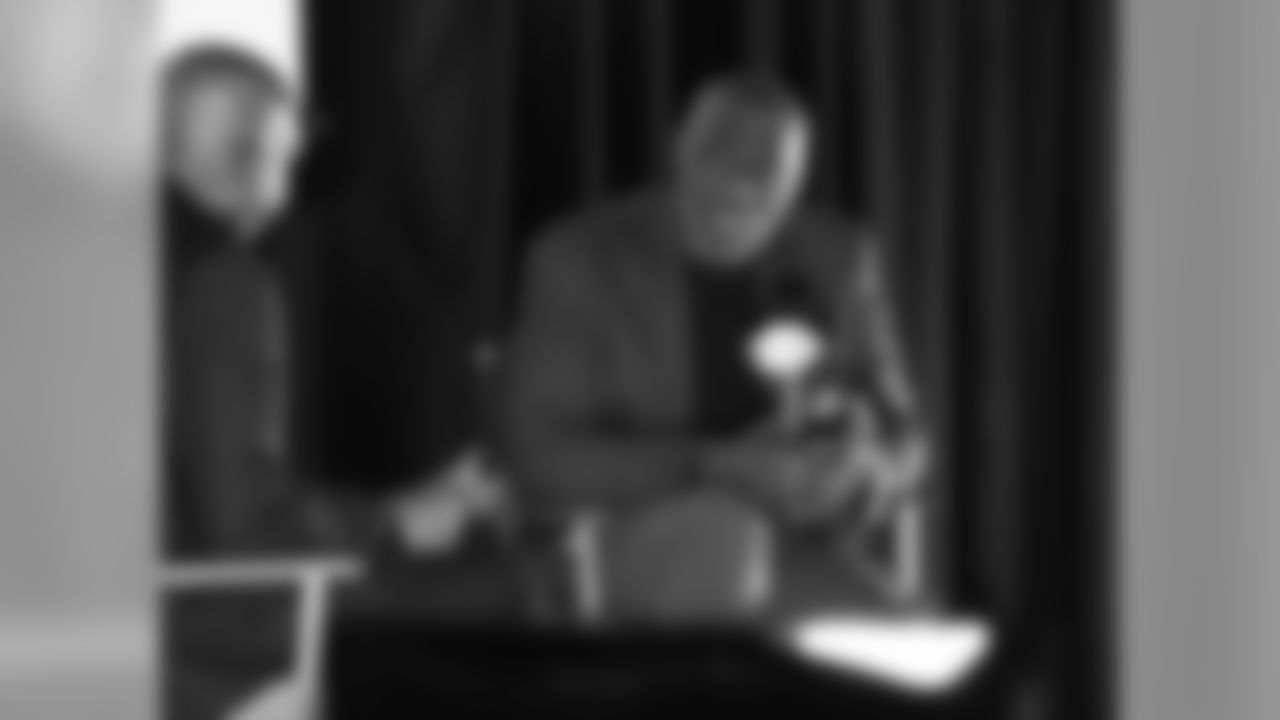
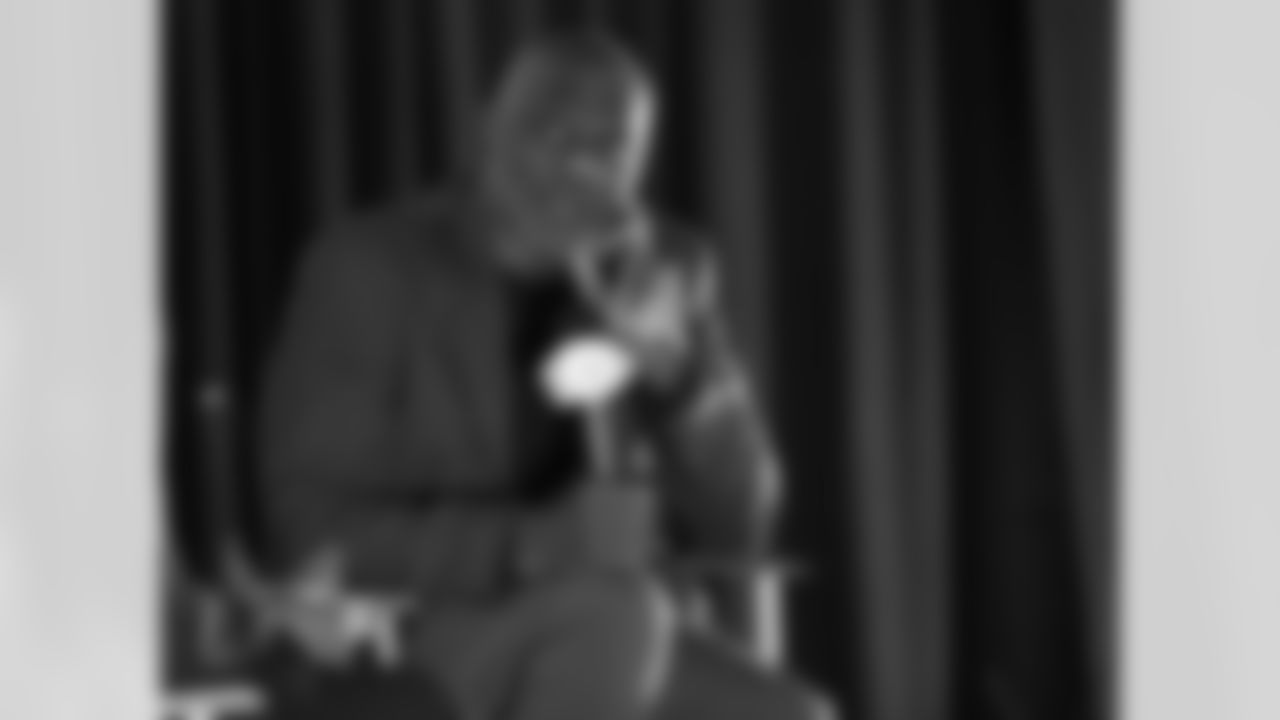
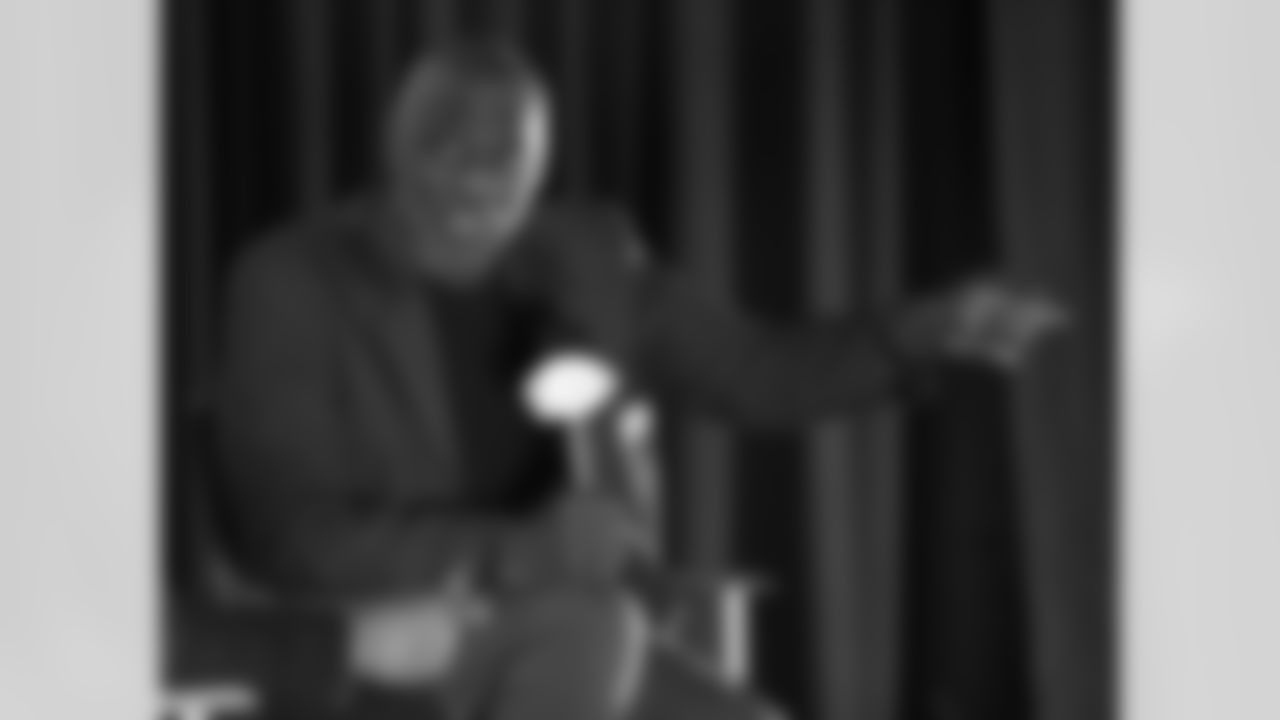





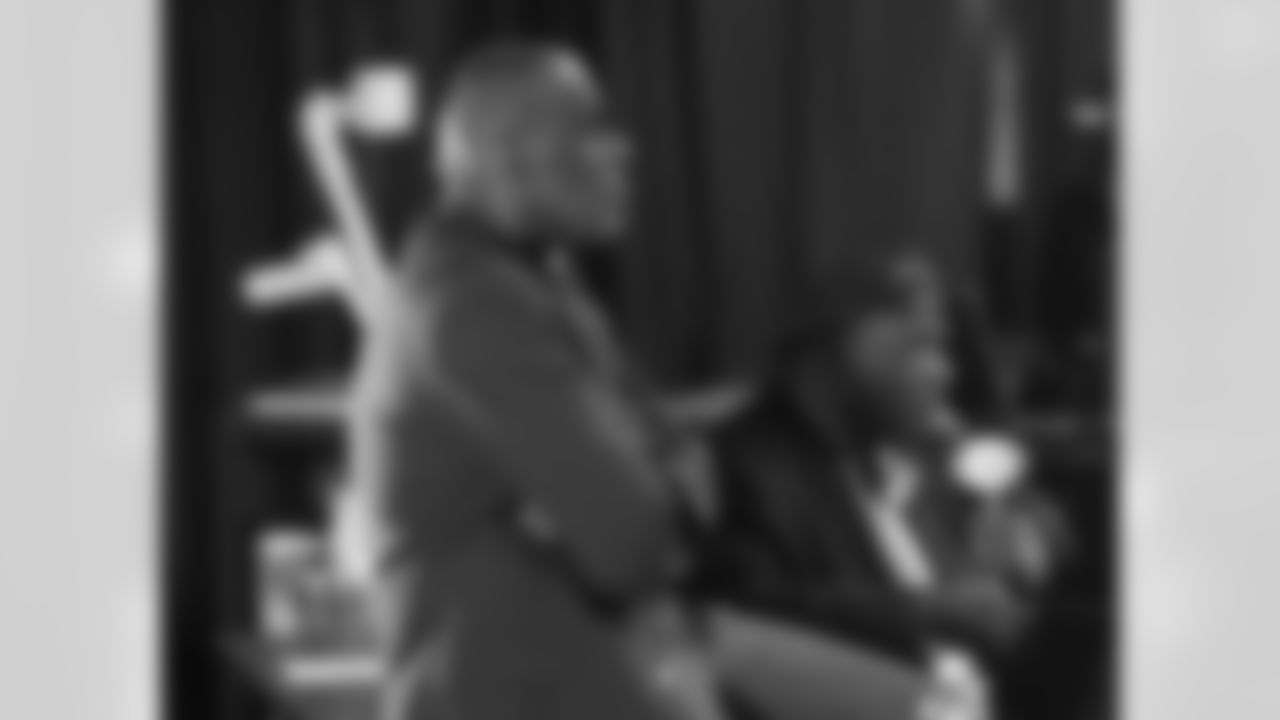

Eller returned to his hometown last year to visit an aunt and stopped by a house where his grandmother worked as a maid during his youth. Years ago, the 74-year-old would stop by to visit her but only enter through the back door of the residence. He went with a friend down memory lane and was parked in the driveway when the current residents of the home returned.
"They invited me to come into their house through the front door," Eller said. "I froze.
"Emotionally, I could not comprehend going through the front door because that was denied for me," Eller said. "I would not have gone through that front door in my youth."
That story, Eller explained earlier this week to a group of young people from the Twin Cities, shows the progress he's witnessed within his life.
"Where I am today, it's a different life when I go back to Winston-Salem, North Carolina," Eller said. "I can do things I could not do there when I was a youth. There has been some advancement."
Eller, former Hall of Fame teammate Alan Page, Vikings Chief Operating Officer Kevin Warren, Vikings Director of Food Service Geji McKinney-Banks, Vikings Youth Football Manager E.J. Henderson, tackle Phil Loadholt and author Jonathan Odell for a "Celebrate Perseverance" program at Winter Park for more than 50 young people in the Twin Cities.
The program, hosted by Pete Rhodes, was the first of its kind at the team's headquarters and kicked off a series of content for Black History Month.
Warren, the highest-ranking African American on the business side of an NFL team, welcomed the guests. He just completed his 11th season with Minnesota and 17th in the league.
"It's a blessing every day," Warren said. "I don't take it lightly that I walk in these doors and do the best job I possibly can in honor of my parents and grandparents and a lot of people who sacrificed for me to stand here."
Page, 70, completed his law degree while still playing. He retired in 2015 after 23 years as the first African American to serve on the Minnesota Supreme Court. Part of his message to the young people wasn't about success but about responding to a misstep.
"The question isn't whether you make mistakes or bad choices," Page said. "The real question is, 'What do you learn from them? If you don't learn anything from them, you're doomed to keep making bad choices and mistakes, but we all have the opportunity to learn. My experience has been that I've learned far more from my mistakes and bad choices than I have from my good choices.
"We all make bad choices," Page added. "We're all human. We're all, for better or worse, stuck with this human condition, and none of us are perfect. The question isn't whether we have our failings. The question is what do we learn from them and do the next time we're presented with the same or similar choices."
Eller and Page were born during a span when African Americans were not allowed to play in the NFL. The ban, in place from 1933-46, ended before the Vikings inaugural 1961 season. Eller, a rookie in 1964, and Page, a rookie in 1967, took notes from original Viking Jim Marshall's leadership as the locker room became more integrated over the years.
The harmony that Loadholt said exists in the Vikings locker room today is a credit "partly because of guys like Mr. Page and Mr. Eller paving the way for us. We have it a lot easier than they had it." Loadholt said he takes great pride in continuing harmony with younger players.
View photos of Pro Football Hall of Famer and Vikings Ring of Honor member, Alan Page, who celebrates his birthday on August 7.


An image from the December 16, 2018 home game against the Miami Dolphins at U.S. Bank Stadium in Minneapolis, Minnesota. The Vikings won 41-17.


An image from July 20, 2018 of the Vikings Museum legends opening held at TCO Performance Center in Eagan, MN.

An image from July 20, 2018 of the Vikings Museum legends opening held at TCO Performance Center in Eagan, MN.
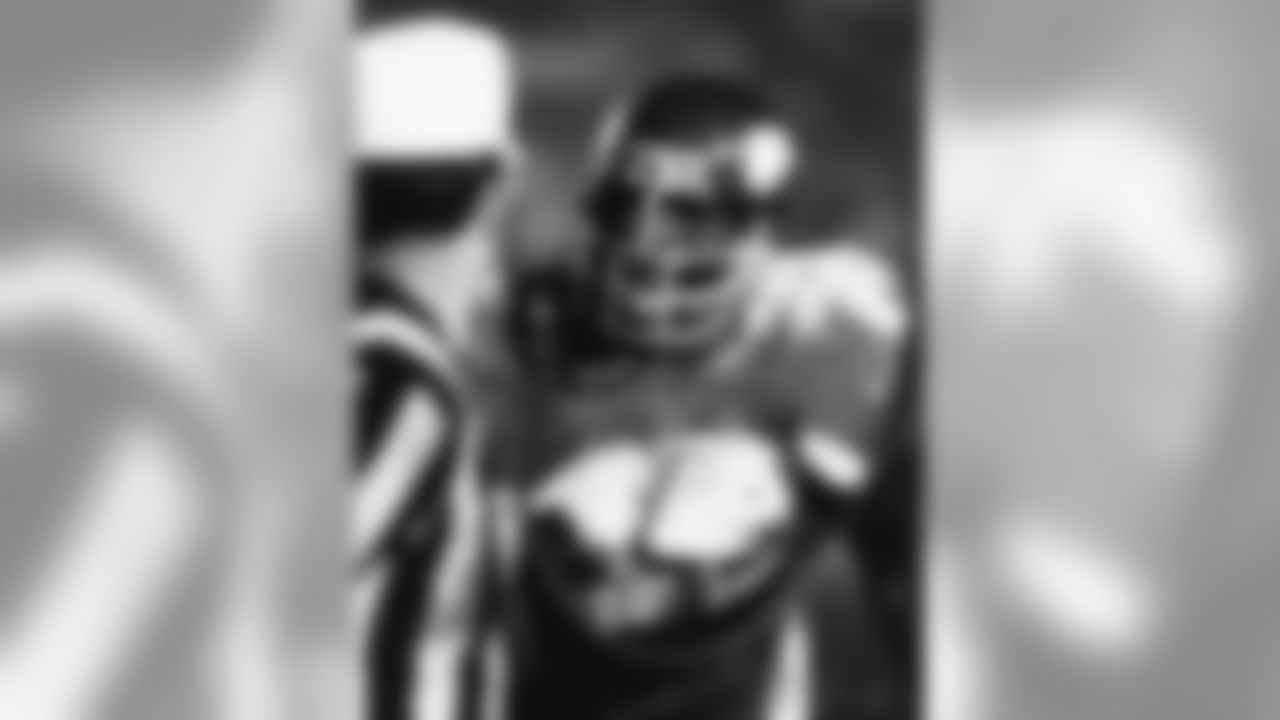


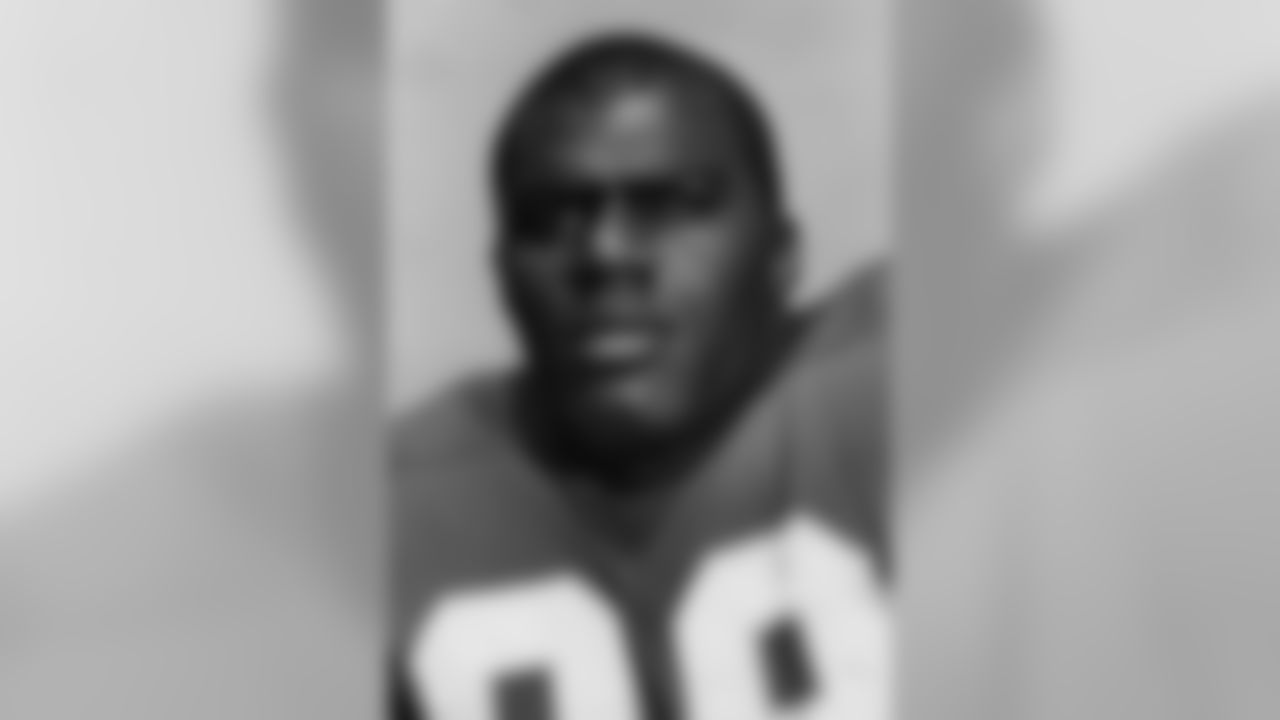
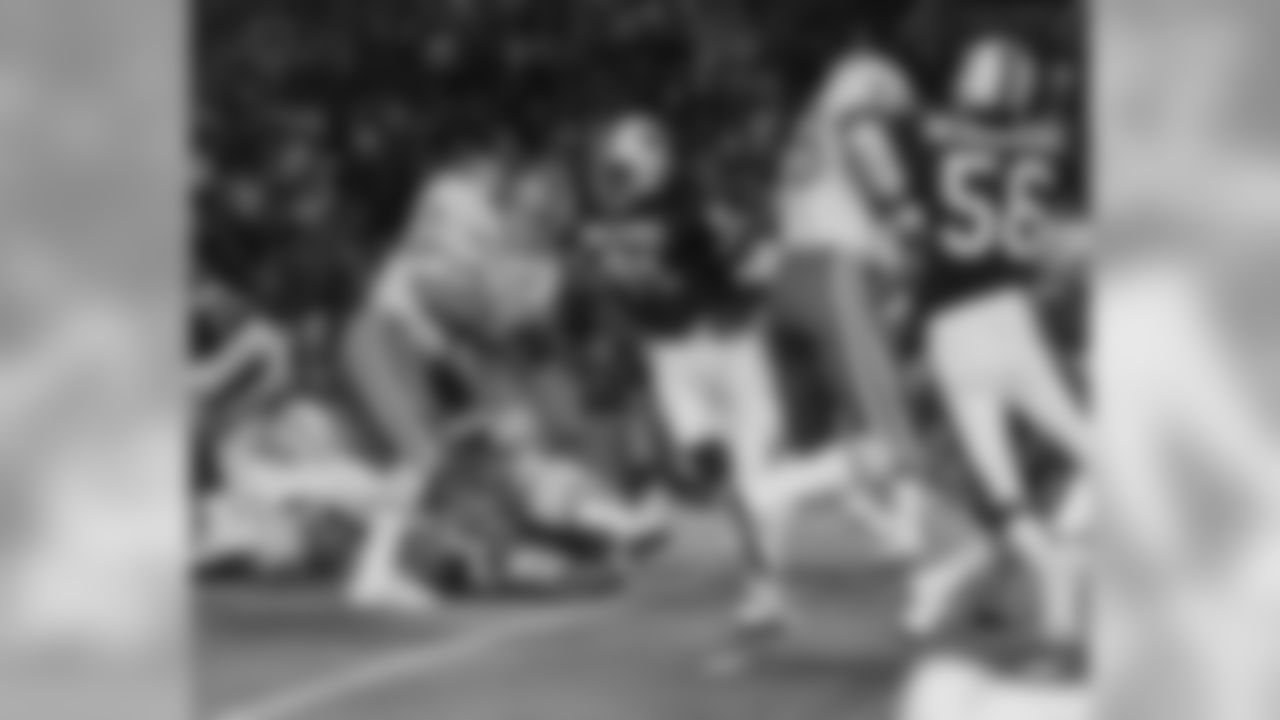
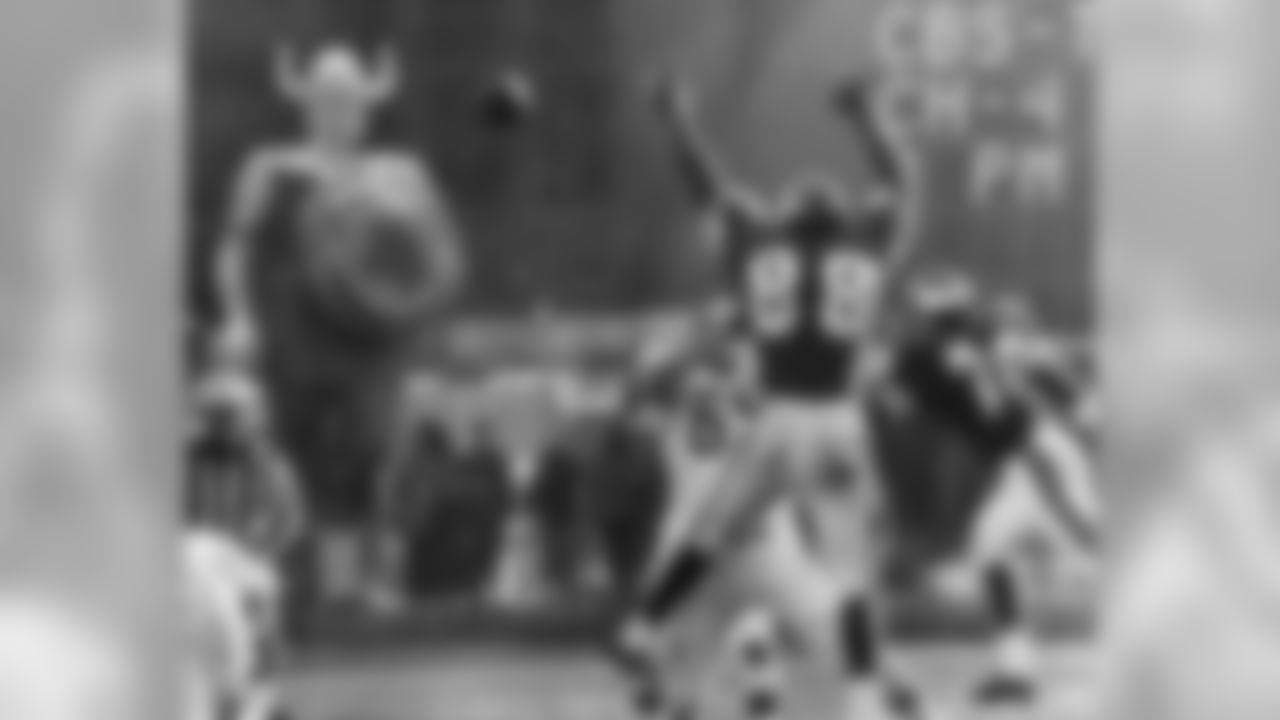


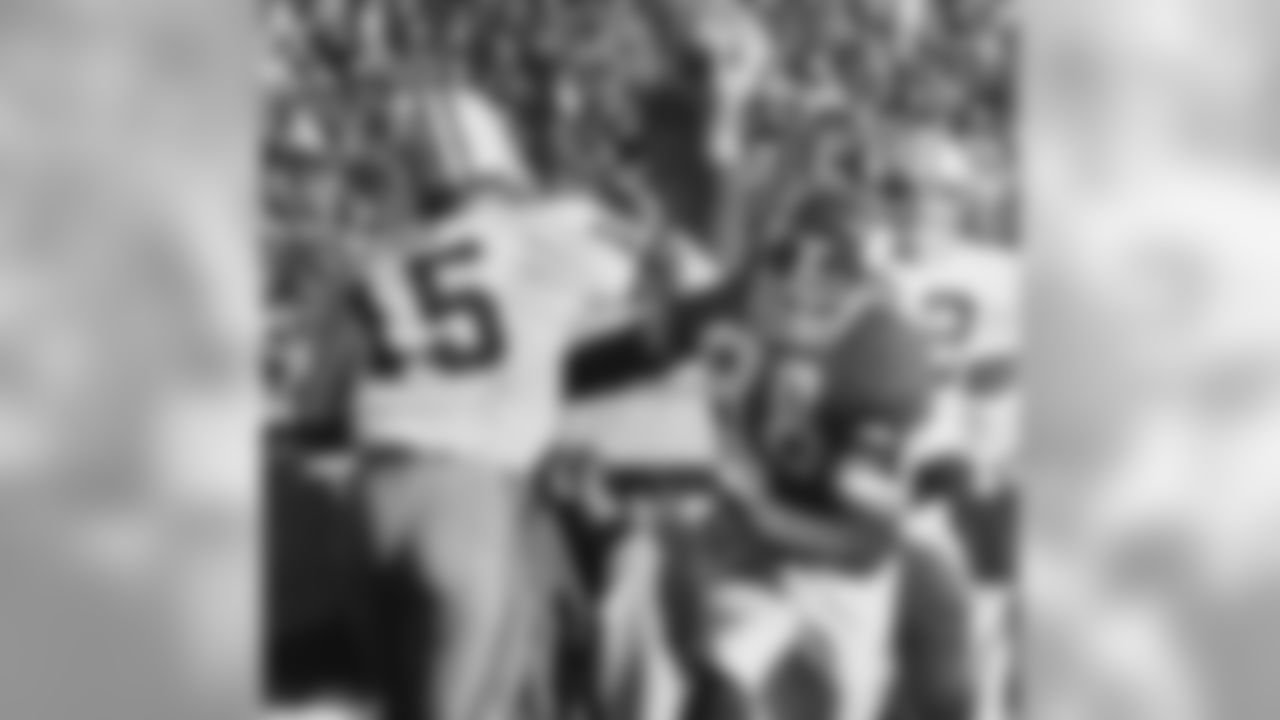
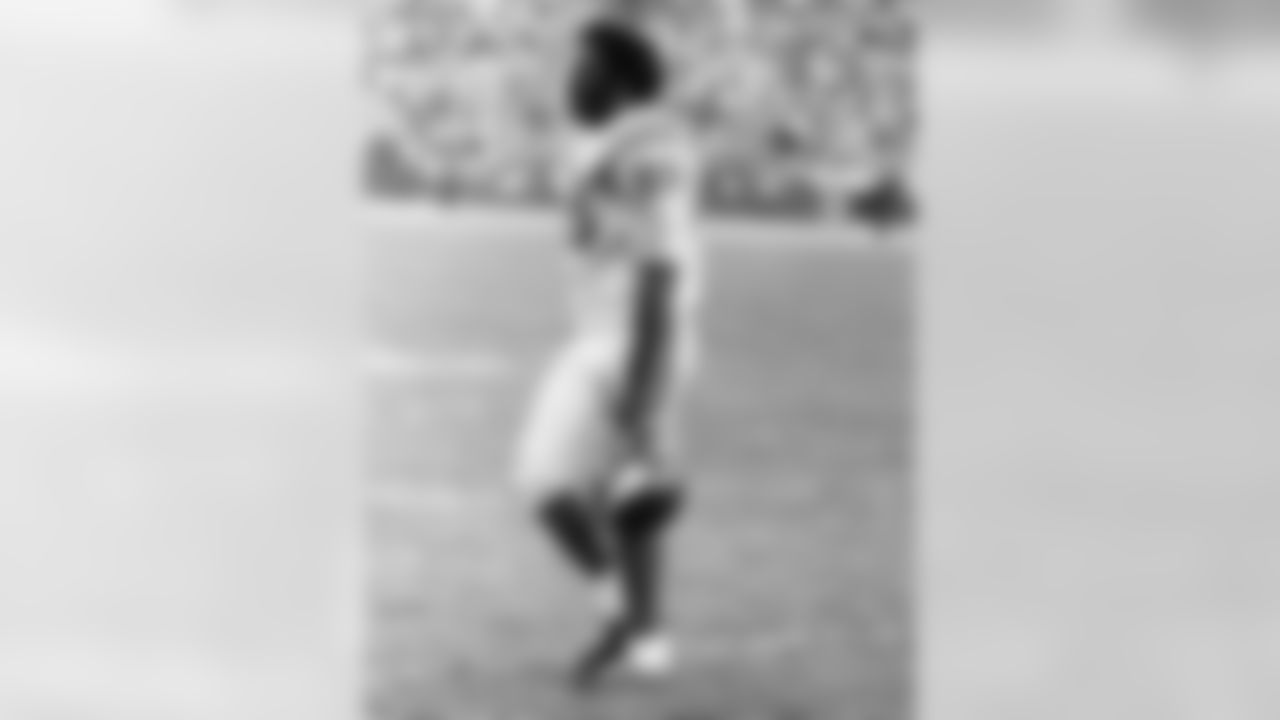

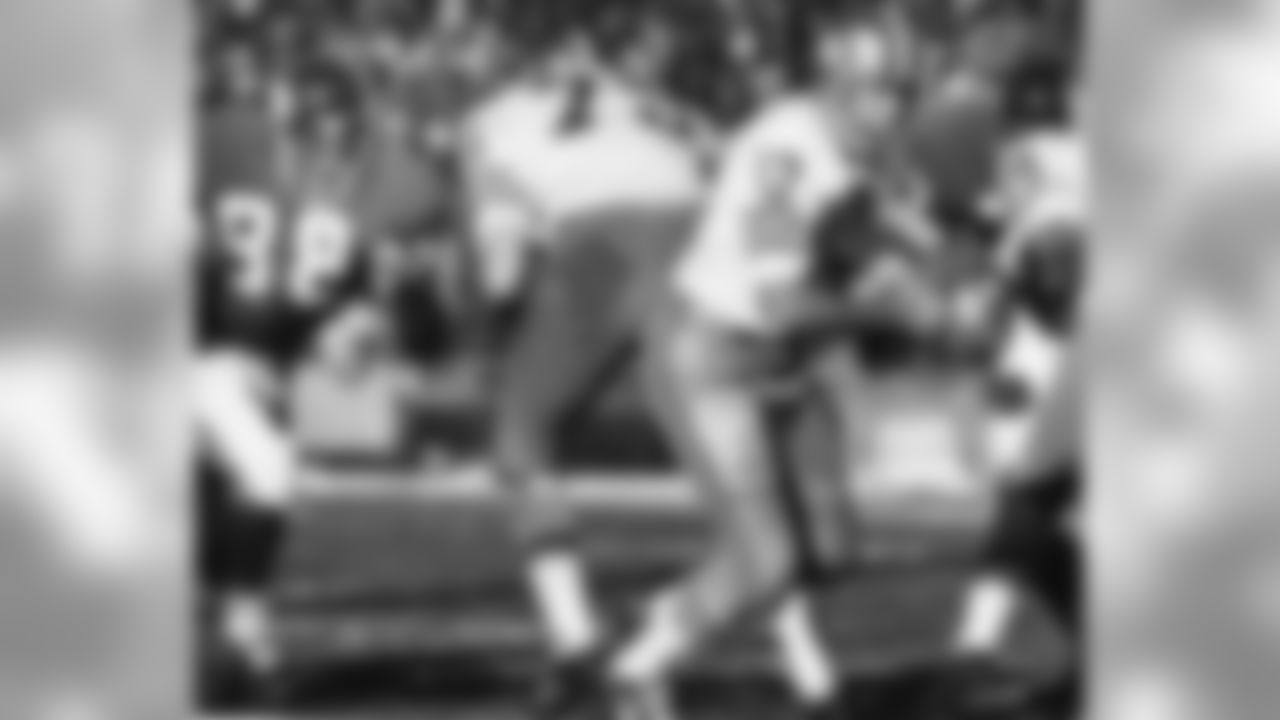
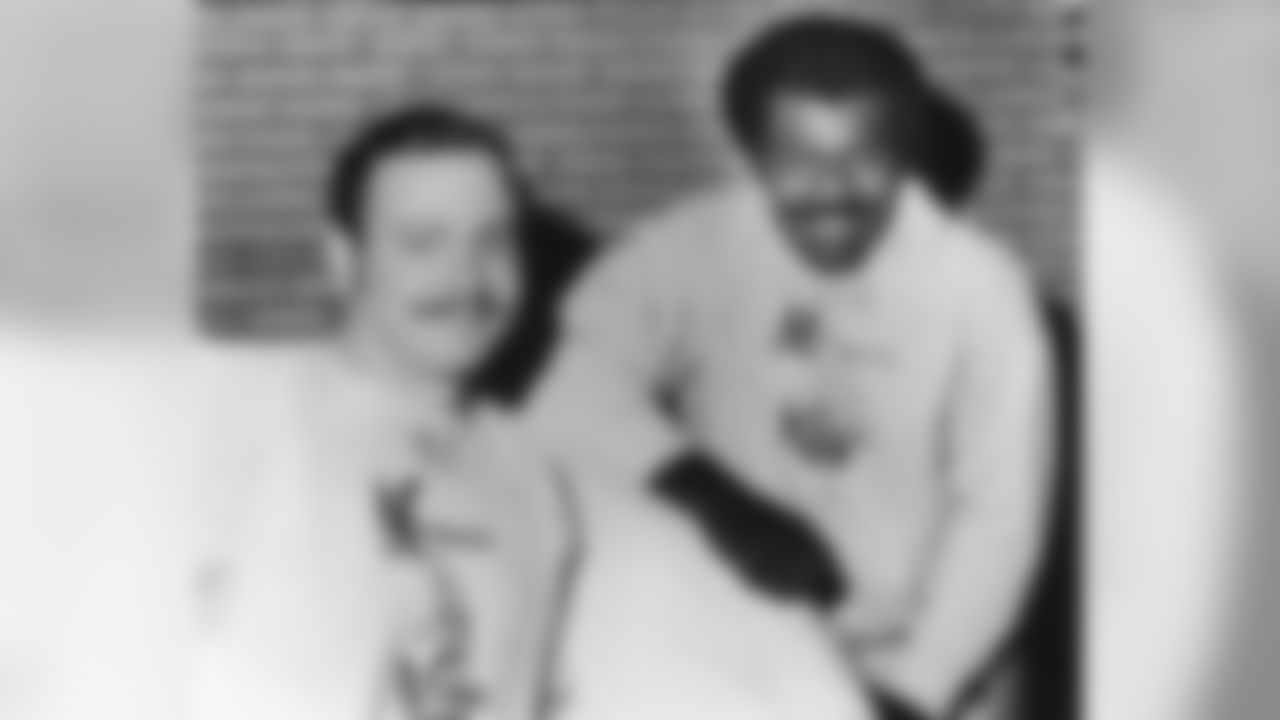

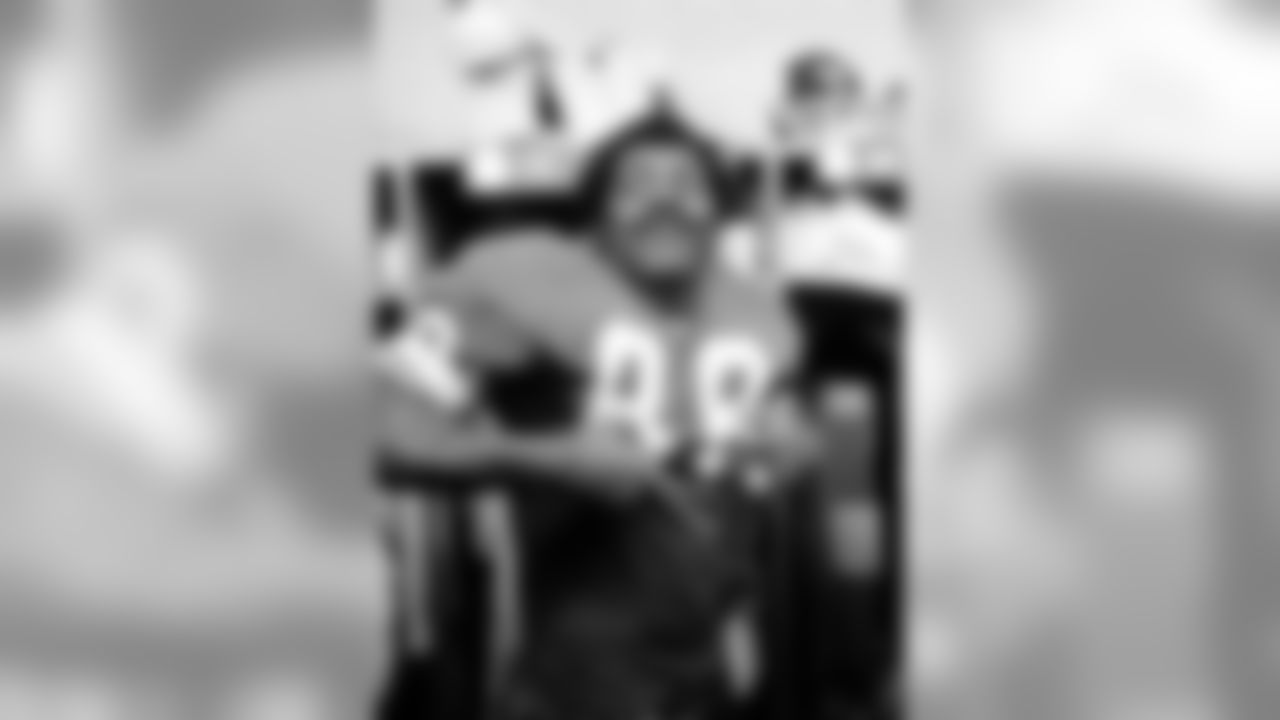
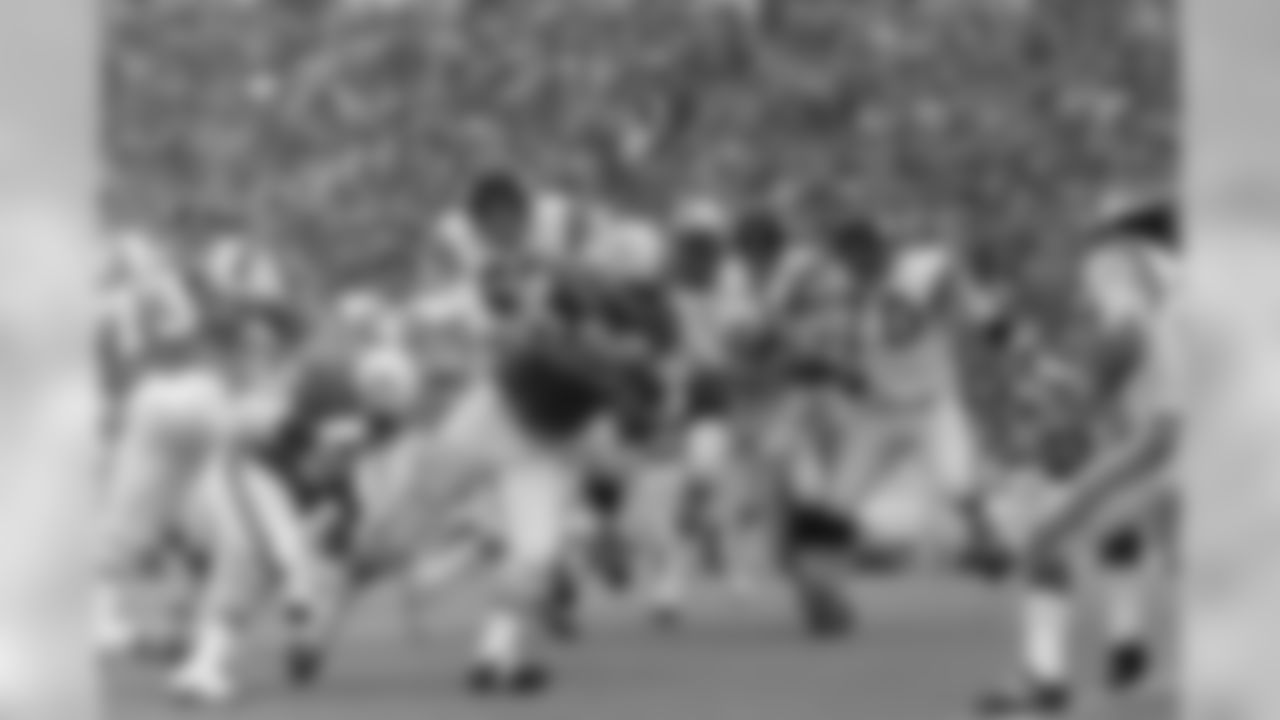

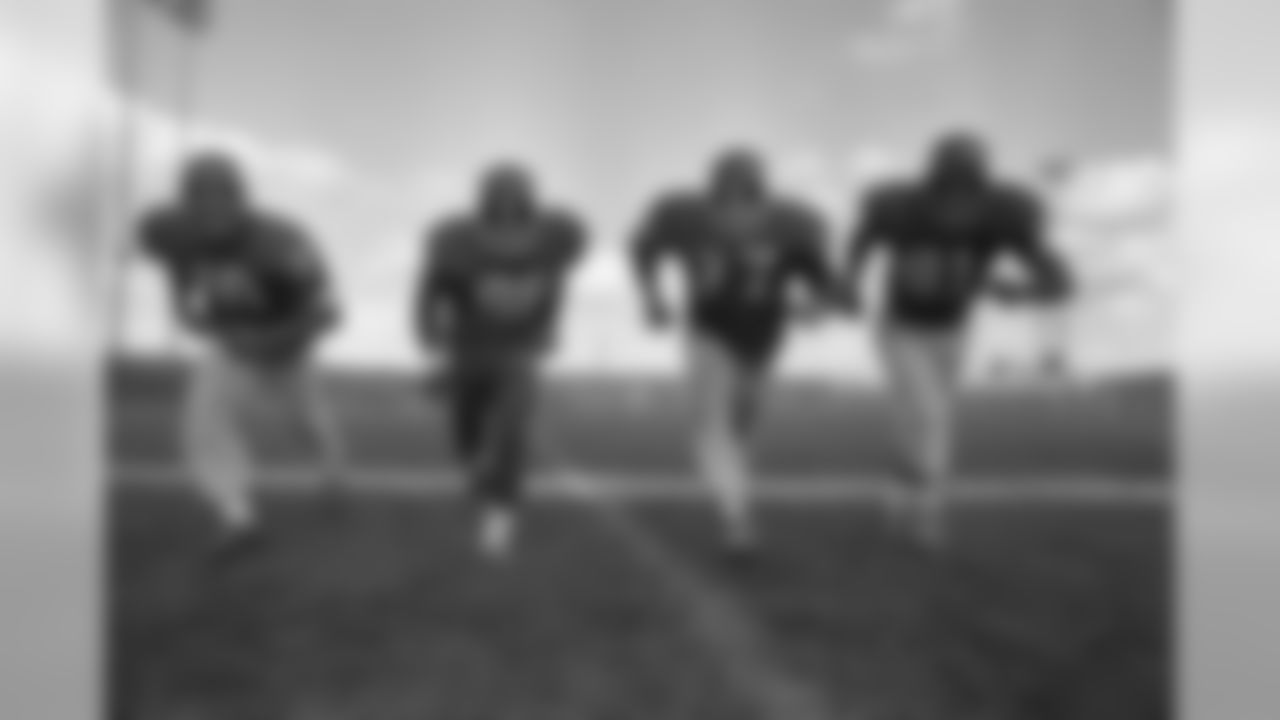

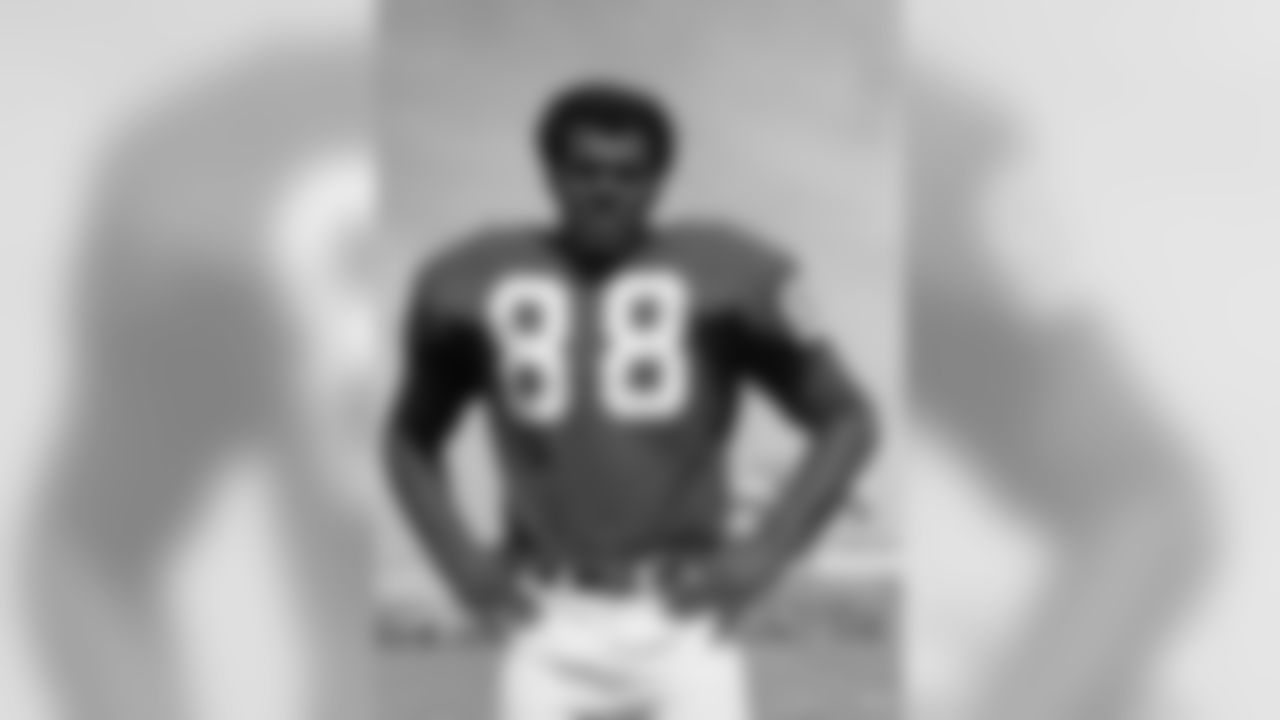


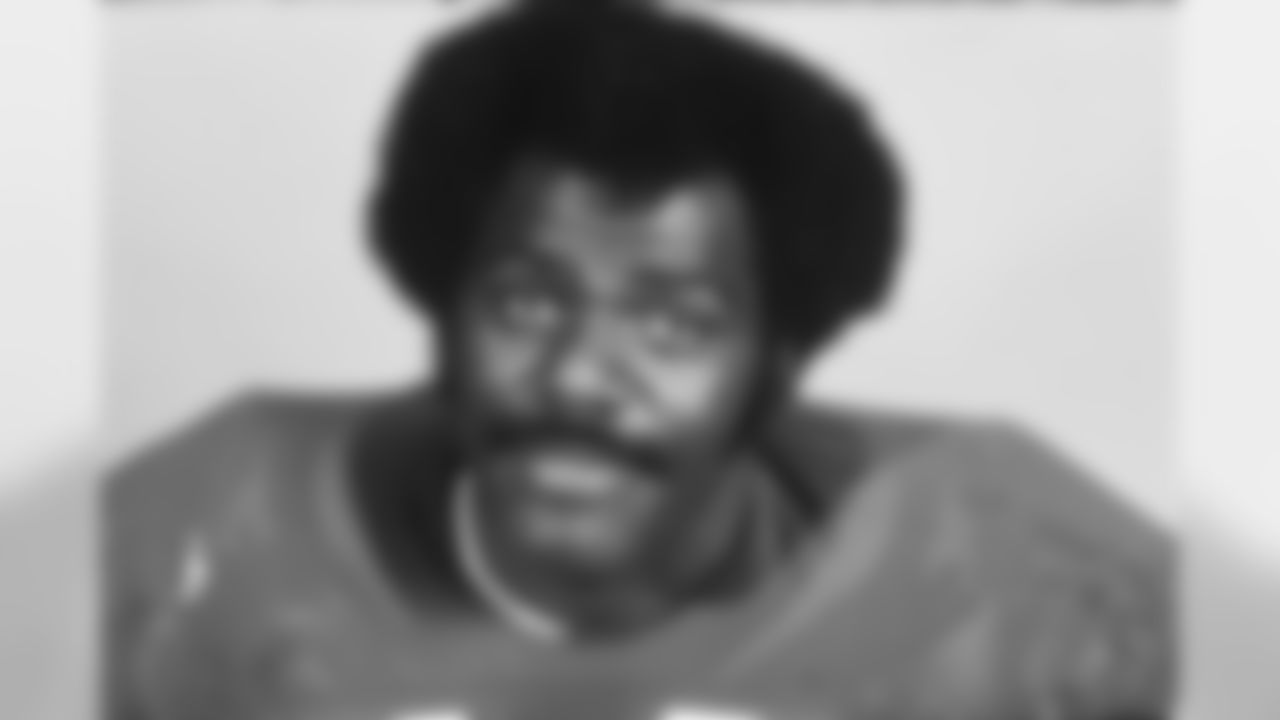
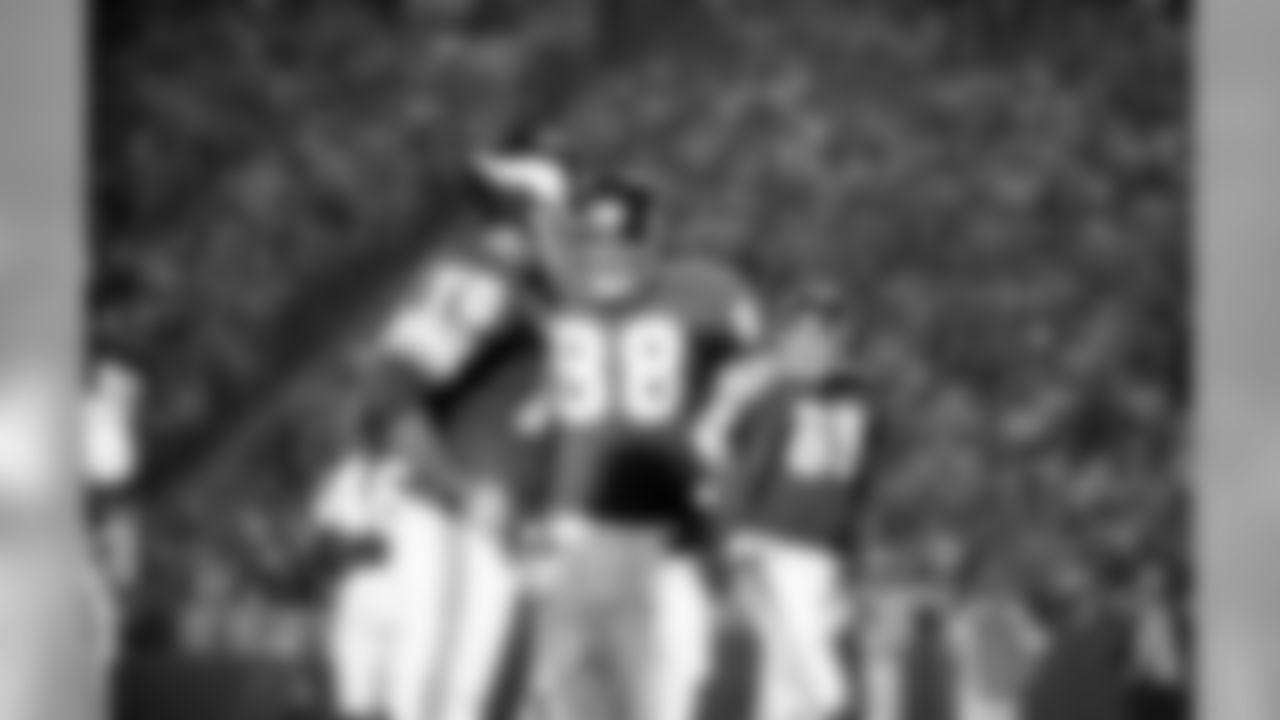
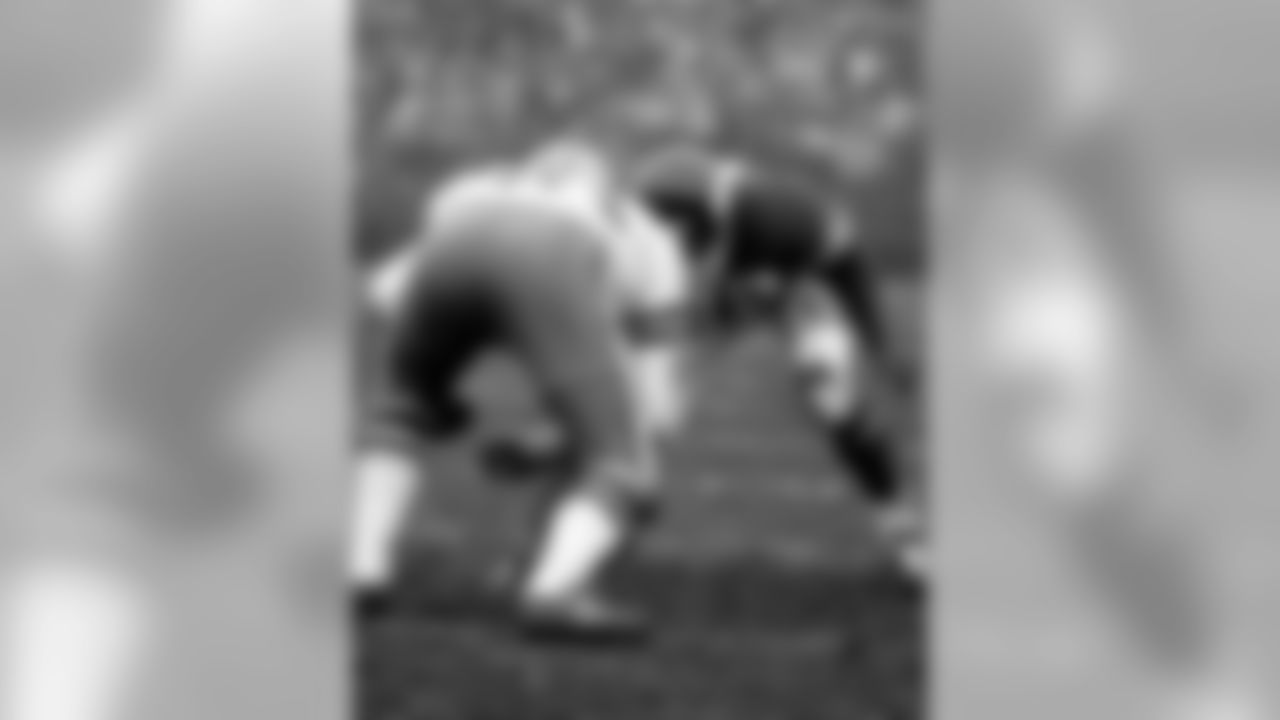

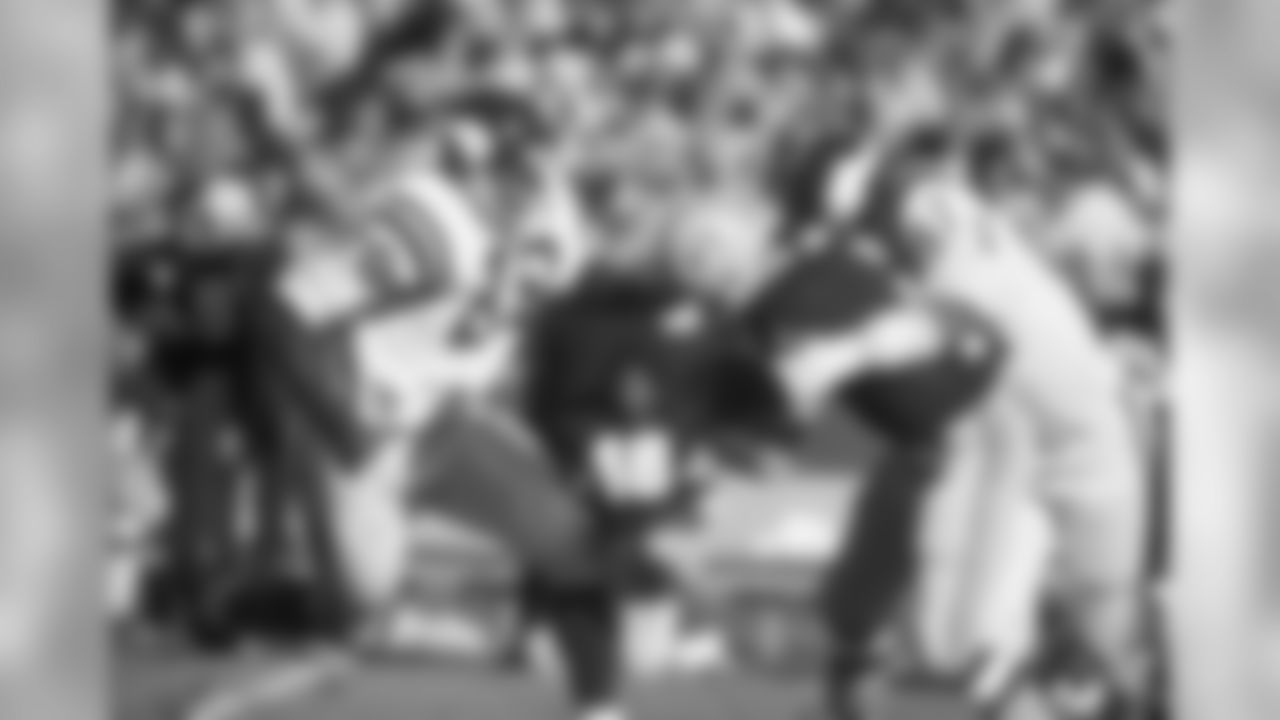
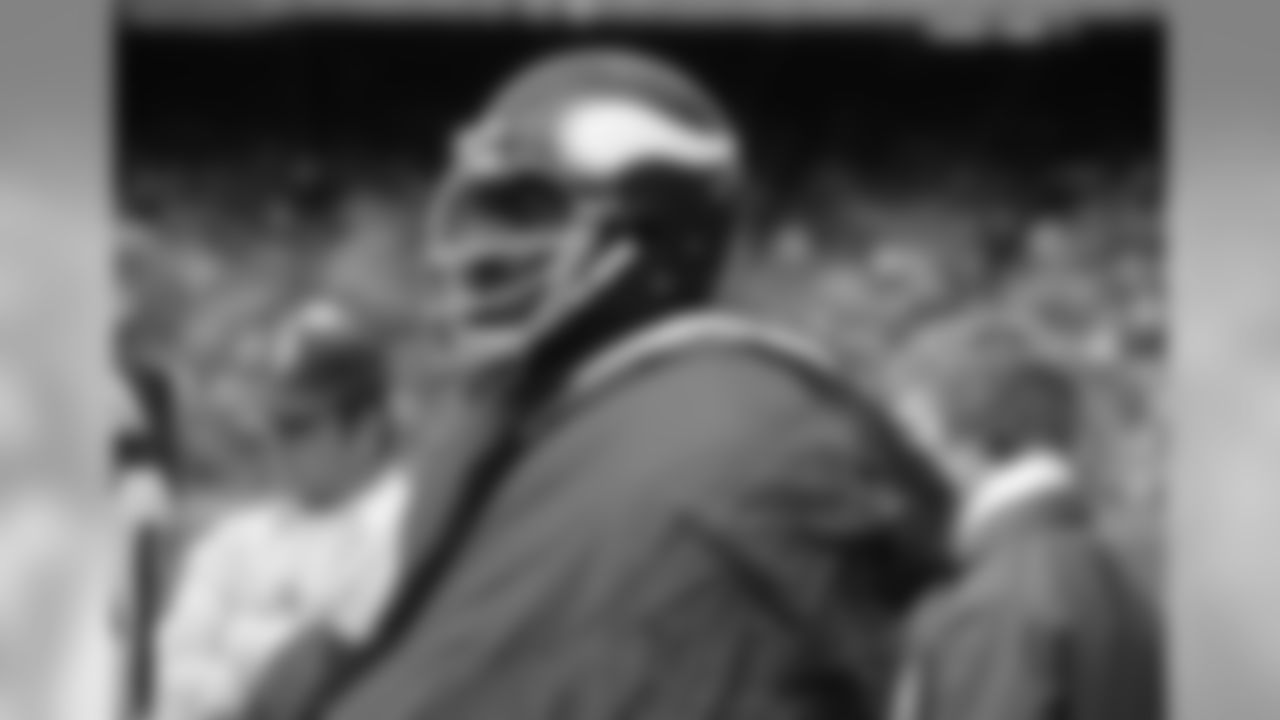
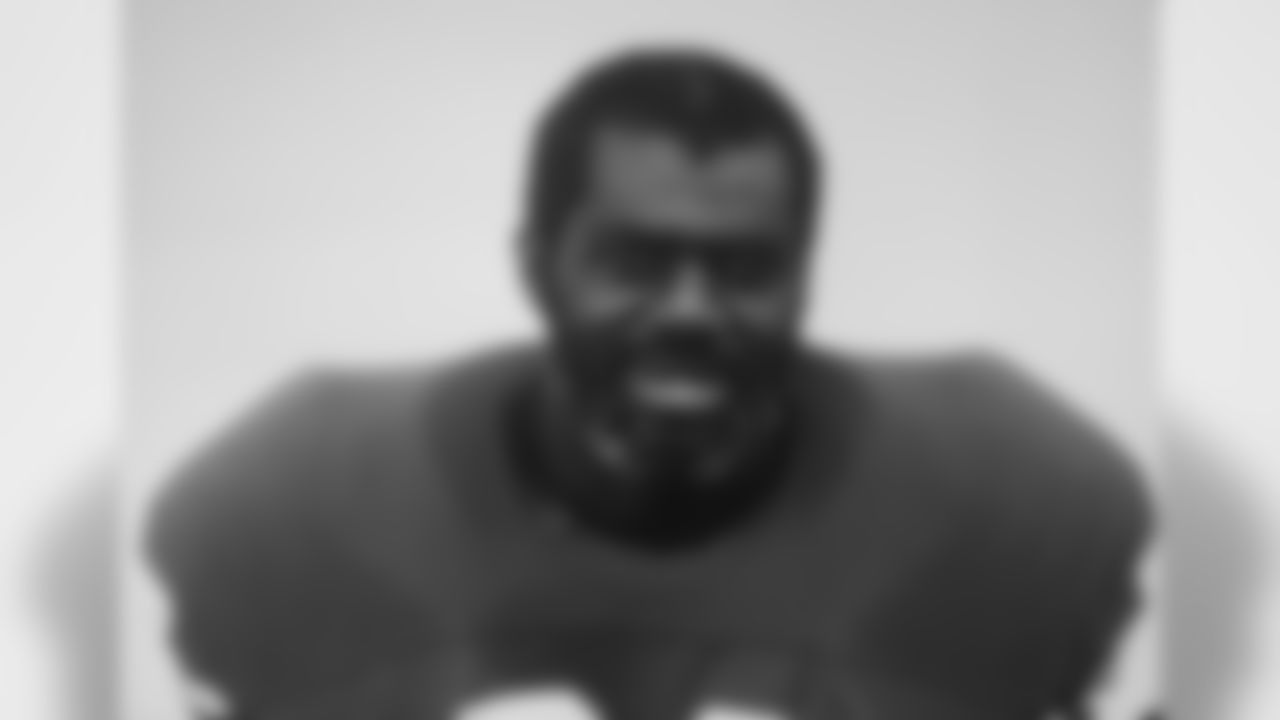
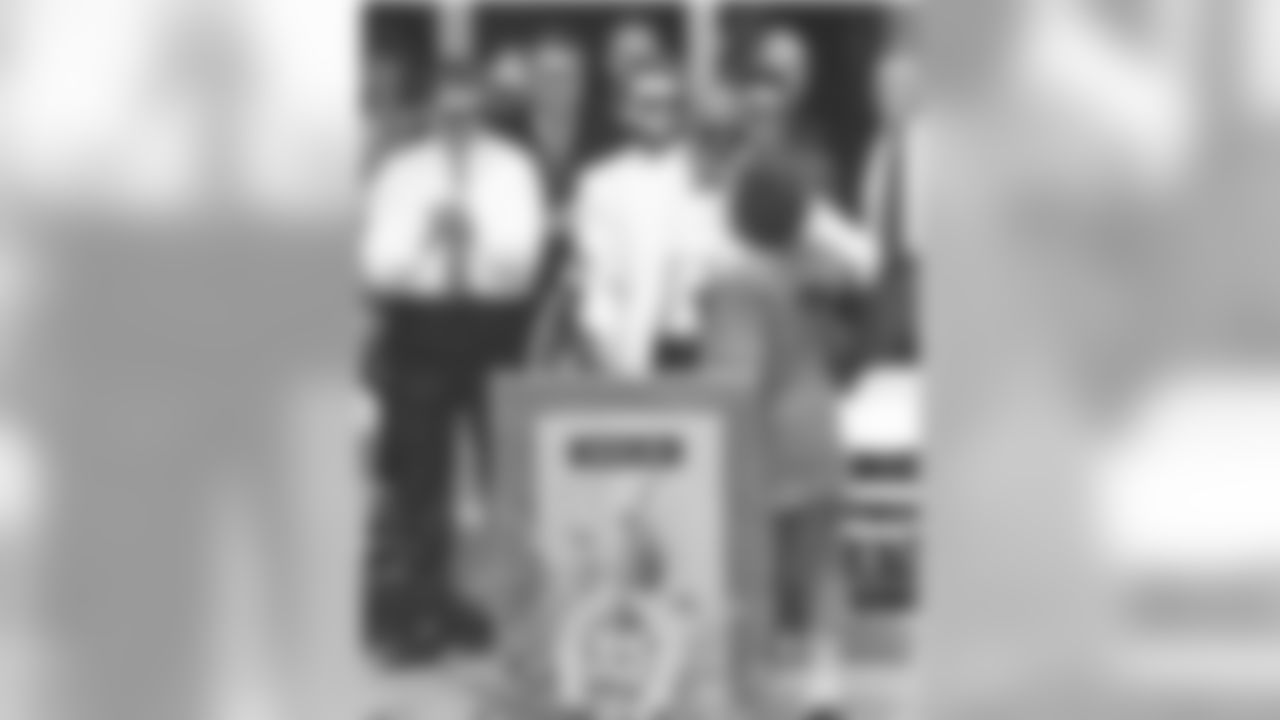
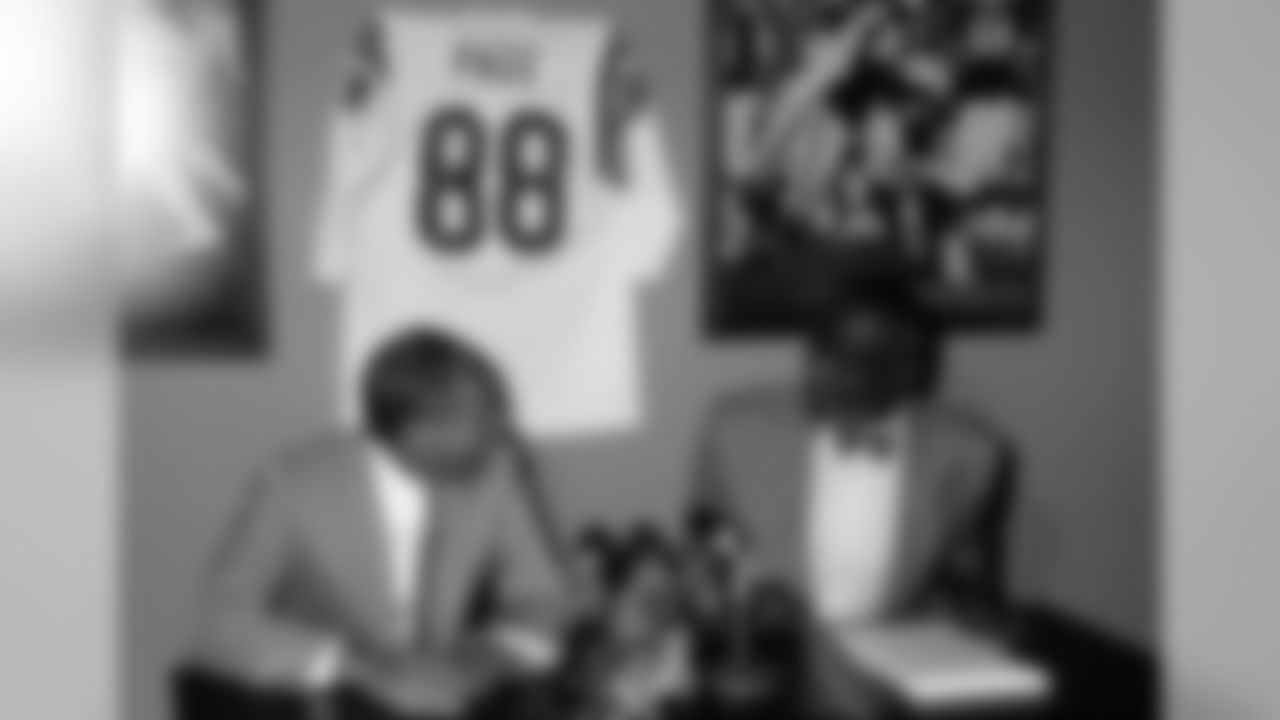
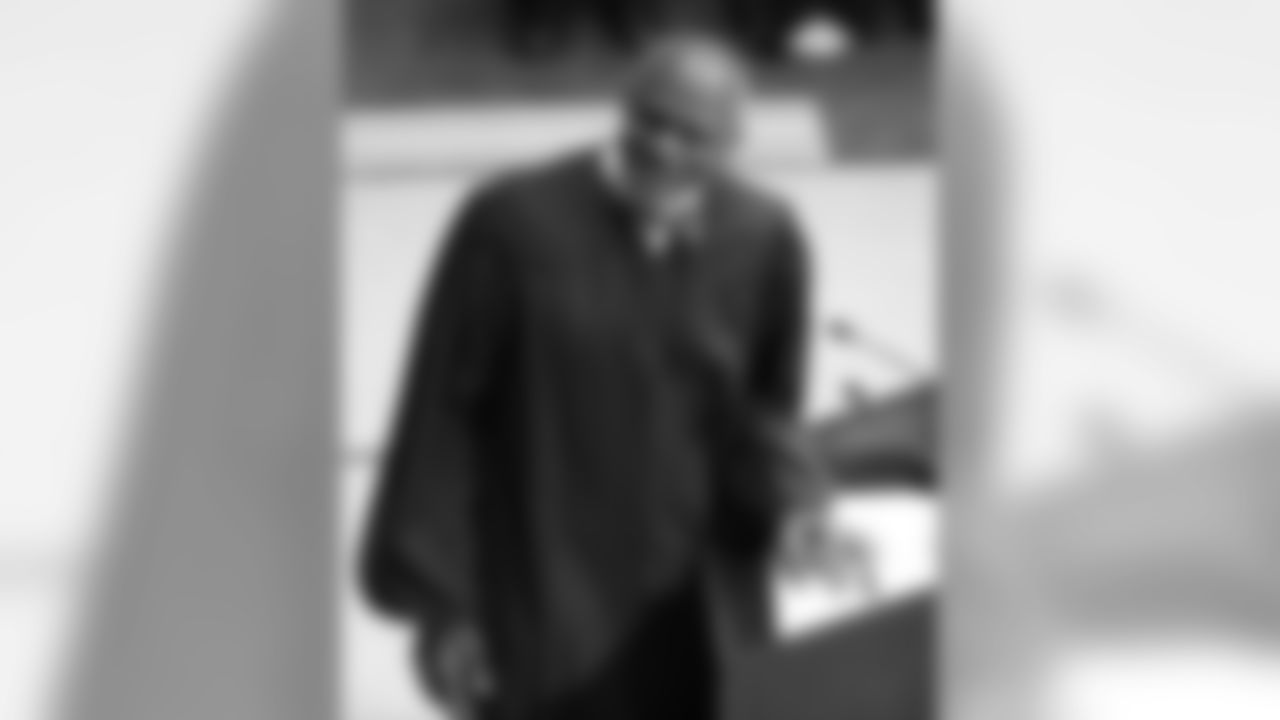
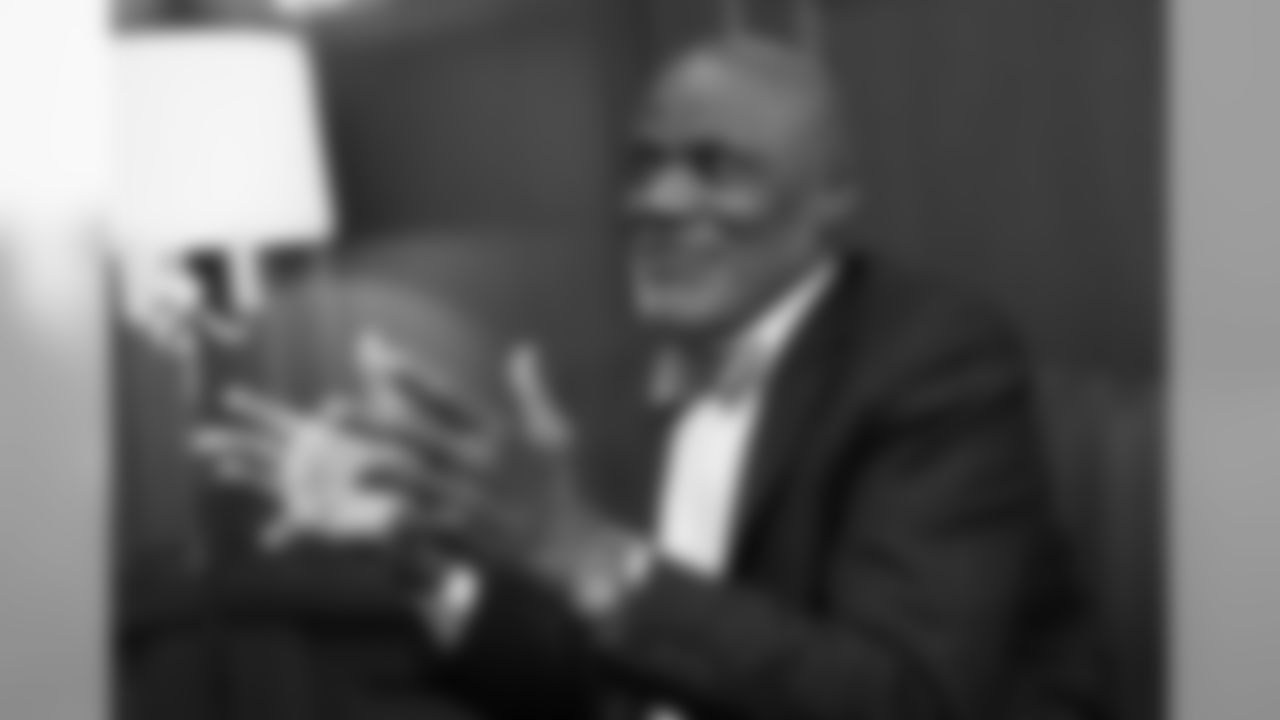
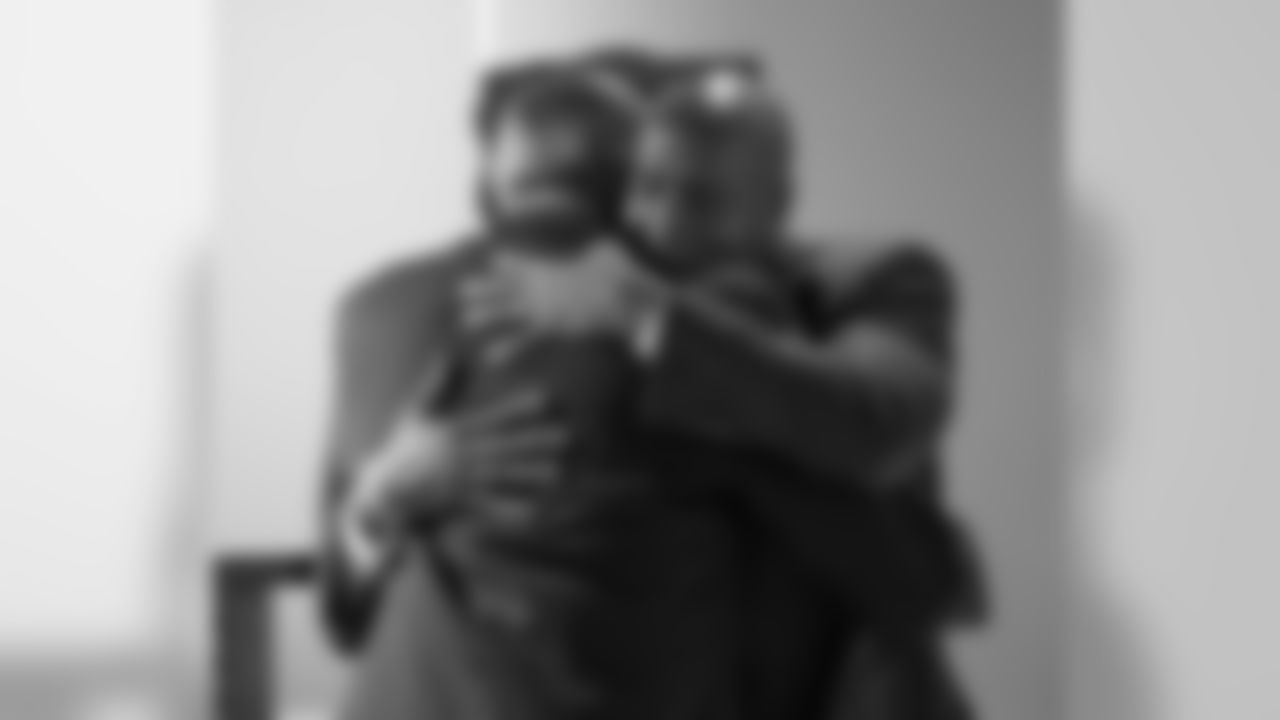


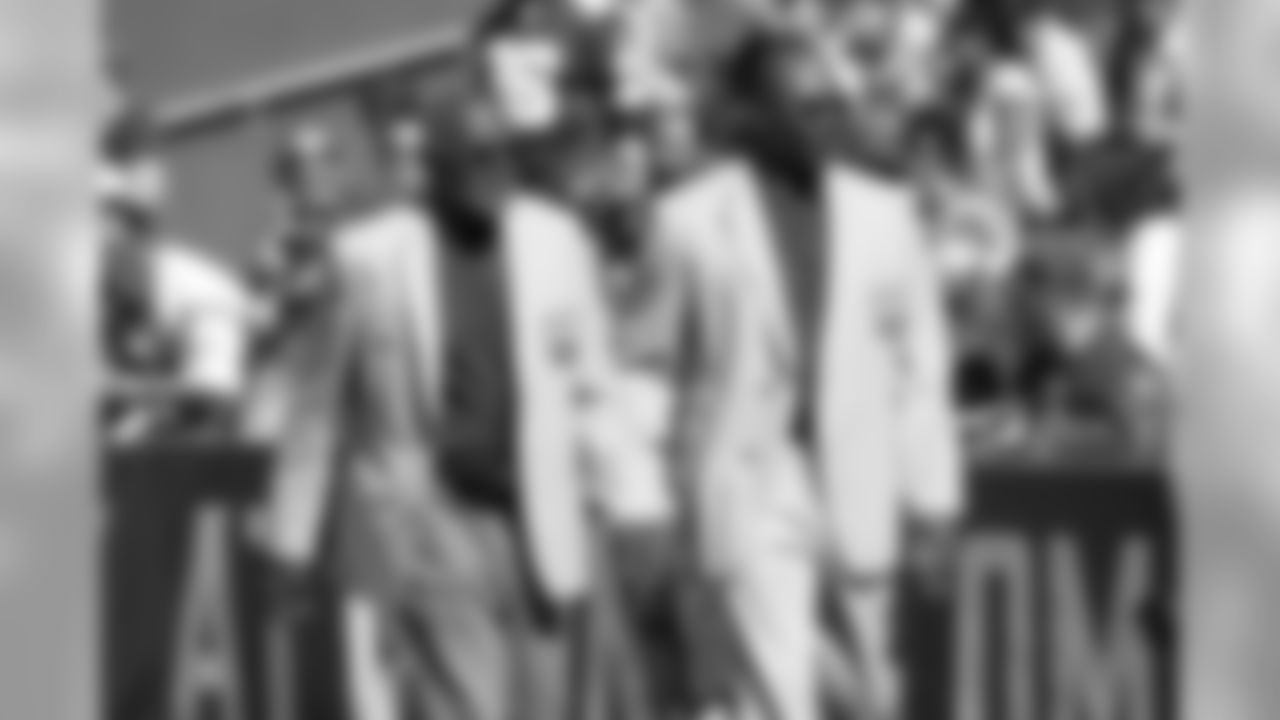
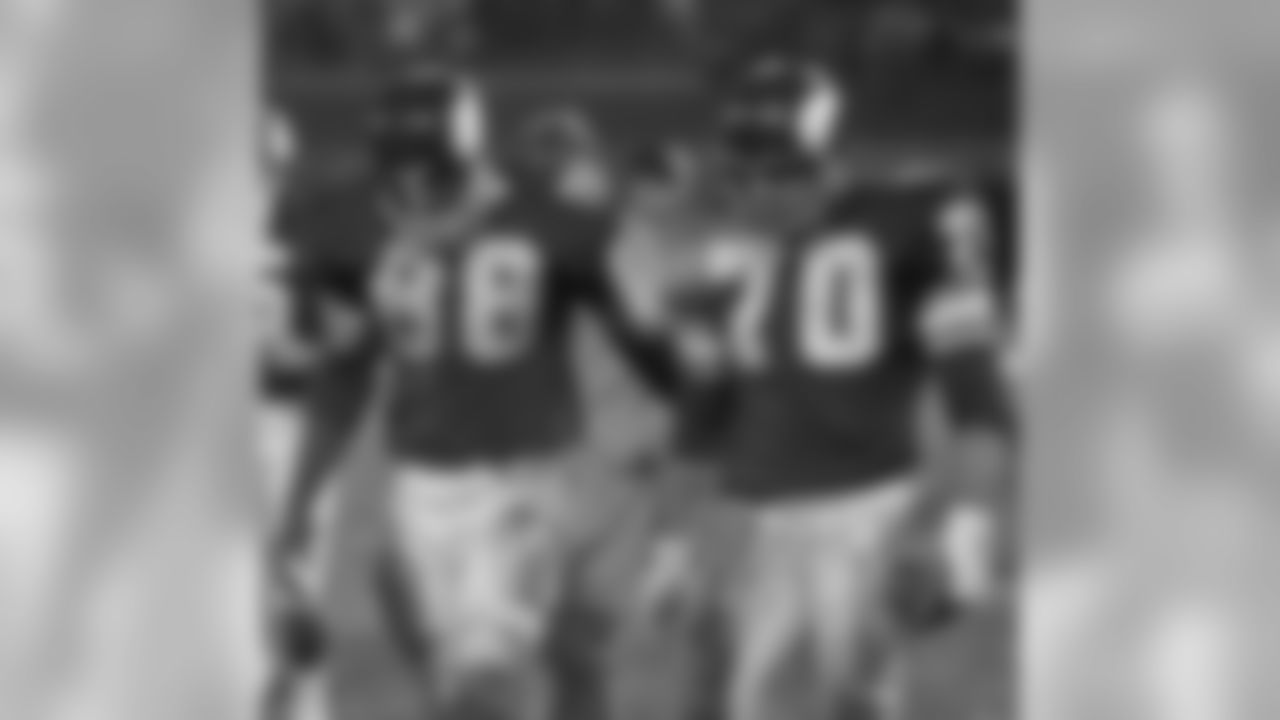

An image from June 6, 2019 of the Alan Page Education Foundation scholars visit to TCO Performance Center.
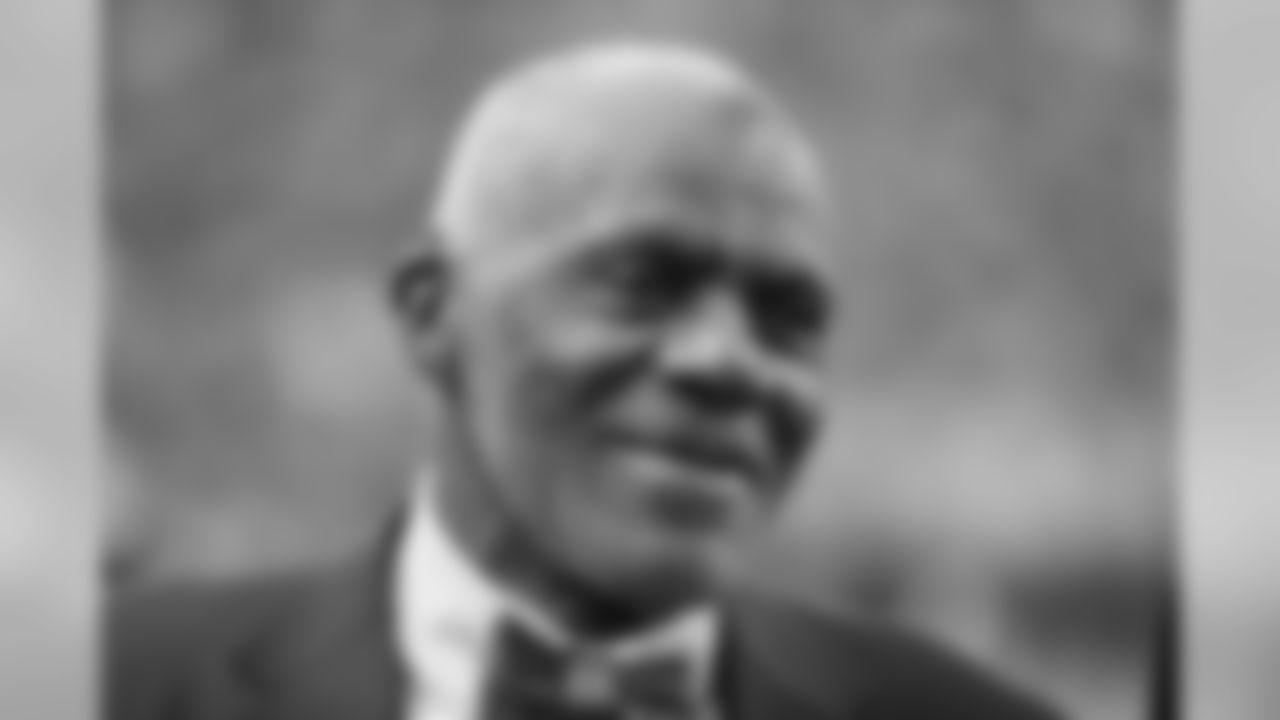
An image from December 16, 2018 regular season home game against the Miami Dolphins. The Vikings won 41-17.
"You always want to present yourself in the right way and just kind of carry the torch on for the next generation to show guys how to act, being there are so many eyes on us," Loadholt said. "The better you can handle yourself and lead by example, the more the young guys get to figure out."
McKinney-Banks, who started with the Vikings in 1994, said a combination of hard work, passion and a desire to separate herself from "ordinary" has helped her advance in the organization. She worked full-time as she went to school full-time and advised the young ladies:
"You are worthy. It's about you," McKinney-Banks said. "Don't worry about anybody else. Don't worry about a boyfriend or a husband, anything like that. Get your education and don't worry about where you came from, what your mom did or didn't do, if your father wasn't there."
Odell, a white man from Mississippi, explained his experiences, from how he became a racist as a 6-year-old child to how he reformed and has since worked to promote Civil Rights. Odell advised the young people to make sure people in their circles have their best interests in mind.
"You've got two kinds of friends out there," Odell said. "You've got one kind that will support you and say, 'I believe in you.' If you're lucky, you've got a few of those. They see you as great before you are great. They believe in you. It could be a parent or grandparent. Those are the people you hold onto.
"Unfortunately, most of the people are like a kind of crab," Odell added. "Chefs put them in a pot and they don't have to put the top on the pot because as one starts to climb out, the others pull him back down. A lot of friends are like that. My grandparents were like that."
Warren encouraged the young people to "keep working hard, keep dreaming big."
"Have huge dreams, and don't let anyone steal your dreams," Warren said. "At the end of the day, work hard to be in a position where you can help someone because all of us in this room stand on the shoulders of the people that came before us, and as my late father would say, 'We drink from wells we did not dig.' "











